Home / world / Tragic Loss of 44 Pakistani Nationals in Atlantic Ocean Incident While Seeking Asylum in Europe
Tragic Loss of 44 Pakistani Nationals in Atlantic Ocean Incident While Seeking Asylum in Europe
By: My India Times
5 minutes read 125Updated At: 2025-01-18
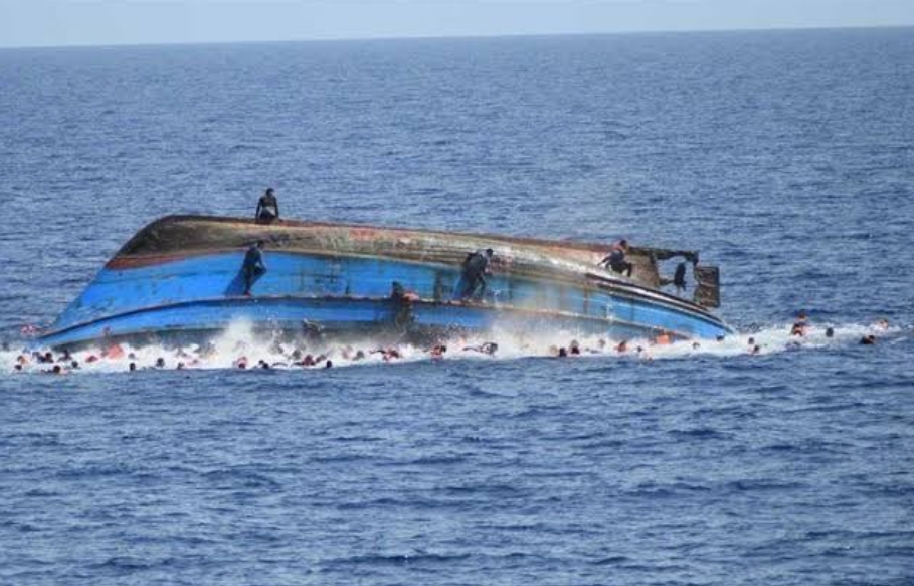
A catastrophic event has resulted in the unfortunate demise of 44 Pakistani nationals who drowned in the Atlantic Ocean during their endeavor to reach Europe. This incident took place near the Dakhla Port in Morocco when the vessel they were aboard capsized while traveling from Mauritania to Spain. The boat, which was carrying over 80 individuals, was part of a larger contingent of migrants from Pakistan and other nations, who aspired to reach European shores in search of improved living conditions. This disaster highlights the substantial risks associated with illegal migration across perilous waters.
As reported by Pakistani news outlet Dawn, the doomed vessel departed from Mauritania in early January, with its destination set for Spain. Sadly, it capsized close to Dakhla Port on January 16, and over 50 individuals are feared to have lost their lives. Predominantly, those on board were Pakistani nationals, with survivors recounting harrowing scenes of people being thrown into the turbulent sea after the boat overturned. Despite the prompt initiation of search and rescue operations, the death toll continues to escalate as authorities work tirelessly to recover bodies from the water.
The Perils of Irregular Migration
This tragic maritime disaster underscores the extreme and hazardous circumstances migrants encounter when attempting to cross the Mediterranean and Atlantic Oceans illegally. Many individuals, particularly from economically disadvantaged nations like Pakistan, are willing to risk their lives in search of better opportunities, security, and the prospect of a brighter future in Europe. Regardless of the continuous dangers, a significant number of migrants, including those from Pakistan, continue to rely on human traffickers who promise them straightforward routes to Europe, ultimately placing them in life-threatening scenarios.
Human traffickers frequently overcrowd vessels, providing minimal safety measures and essential life-saving equipment. In this instance, it is suspected that the overcapacity of the boat, coupled with the absence of appropriate safety protocols, played a crucial role in the tragedy. While numerous lives were tragically lost, some survivors have been rescued and taken to local refuges in Morocco.
Both Pakistani President Asif Ali Zardari and Prime Minister Shehbaz Sharif expressed their heartfelt condolences regarding the loss of life. President Zardari called for more robust measures to address the human trafficking networks that exploit vulnerable migrants, whereas Prime Minister Sharif pledged that those accountable for trafficking activities would face rigorous legal repercussions. Furthermore, Sharif instructed Pakistani authorities to collaborate with local officials in Morocco to extend support for the survivors and assist with ongoing rescue initiatives.
Another Tragedy Just Days Before
The tragedy near Dakhla Port is not the first of its kind. Just one day before, Moroccan authorities rescued 36 individuals from another capsized boat off the coast of Morocco. This recurrent loss of life highlights the ongoing and worsening crisis faced by migrants who take the perilous journey in search of a better life in Europe.
The ill-fated boat that capsized on January 16 had initially set sail from Mauritania, carrying 86 migrants, including 66 Pakistanis. Survivors of the tragedy, including many Pakistanis, have been sheltered in a camp near Dakhla. The Pakistani Ministry of Foreign Affairs confirmed that their embassy in Rabat is working closely with Moroccan authorities to ensure the well-being of the survivors and to continue efforts to locate other missing individuals.
The Toll of Migration: A Growing Crisis
The recent tragedy is part of a broader, alarming pattern of rising migrant deaths. According to the humanitarian organization Walking Borders, over 10,000 individuals have died attempting to reach Europe by sea in 2024 alone, many while crossing the Mediterranean or Atlantic Oceans. Most of these migrants set out from West African countries like Mauritania, Senegal, and Morocco, with Spain’s Canary Islands being one of their primary destinations.
Despite the European Union's ongoing efforts to curb illegal immigration, the number of migrants crossing into Europe each year remains high. The European border agency Frontex reports that more than 240,000 individuals entered Europe illegally in the past year, with many using dangerous, unauthorized routes to bypass border controls. Tragically, for every person who successfully makes it across the sea, many others lose their lives during the perilous journey.
A Call for Stronger International Action
The rising death toll of migrants attempting to reach Europe is a stark reminder of the failure to address the root causes of illegal migration. Experts argue that the increasing number of deaths is a direct result of systemic issues, including poverty, political instability, and a lack of economic opportunities in many countries. Migrants are often forced to rely on criminal networks that exploit their vulnerability, sending them on dangerous journeys with no regard for their safety.
Human rights organizations have called for stronger international cooperation to address the humanitarian crisis and to create safer, legal pathways for migration. Many argue that the criminalization of migration, coupled with stricter border enforcement, has only worsened the situation, forcing migrants to take more dangerous routes. Additionally, some have pointed out the need for greater efforts to dismantle human trafficking networks that continue to exploit the most vulnerable populations.
The Need for Sustainable Solutions
The tragic loss of 44 Pakistani nationals in the Atlantic Ocean emphasizes the urgent need for a more comprehensive and compassionate approach to migration. While border enforcement remains a priority, governments and international organizations must work together to address the underlying causes of illegal migration. Providing safe and legal alternatives for migration, strengthening support for refugees, and tackling human trafficking networks are all essential steps toward reducing the loss of life on these treacherous routes.
The international community must come together to offer more sustainable solutions to the migrant crisis. A combination of stronger humanitarian support, legal migration pathways, and international cooperation could help prevent such tragedies from occurring in the future.
As investigations continue into the capsizing near Dakhla Port, authorities in Morocco, Pakistan, and Europe must work collaboratively to support the victims’ families and ensure that the individuals responsible for trafficking migrants are brought to justice. Until then, the loss of life in the Atlantic serves as a grim reminder of the need for reform in how the world addresses migration and human trafficking.
....A catastrophic event has resulted in the unfortunate demise of 44 Pakistani nationals who drowned in the Atlantic Ocean during their endeavor to reach Europe. This incident took place near the Dakhla Port in Morocco when the vessel they were aboard capsized while traveling from Mauritania to Spain. The boat, which was carrying over 80 individuals, was part of a larger contingent of migrants from Pakistan and other nations, who aspired to reach European shores in search of improved living conditions. This disaster highlights the substantial risks associated with illegal migration across perilous waters.
As reported by Pakistani news outlet Dawn, the doomed vessel departed from Mauritania in early January, with its destination set for Spain. Sadly, it capsized close to Dakhla Port on January 16, and over 50 individuals are feared to have lost their lives. Predominantly, those on board were Pakistani nationals, with survivors recounting harrowing scenes of people being thrown into the turbulent sea after the boat overturned. Despite the prompt initiation of search and rescue operations, the death toll continues to escalate as authorities work tirelessly to recover bodies from the water.
The Perils of Irregular Migration
This tragic maritime disaster underscores the extreme and hazardous circumstances migrants encounter when attempting to cross the Mediterranean and Atlantic Oceans illegally. Many individuals, particularly from economically disadvantaged nations like Pakistan, are willing to risk their lives in search of better opportunities, security, and the prospect of a brighter future in Europe. Regardless of the continuous dangers, a significant number of migrants, including those from Pakistan, continue to rely on human traffickers who promise them straightforward routes to Europe, ultimately placing them in life-threatening scenarios.
Human traffickers frequently overcrowd vessels, providing minimal safety measures and essential life-saving equipment. In this instance, it is suspected that the overcapacity of the boat, coupled with the absence of appropriate safety protocols, played a crucial role in the tragedy. While numerous lives were tragically lost, some survivors have been rescued and taken to local refuges in Morocco.
Both Pakistani President Asif Ali Zardari and Prime Minister Shehbaz Sharif expressed their heartfelt condolences regarding the loss of life. President Zardari called for more robust measures to address the human trafficking networks that exploit vulnerable migrants, whereas Prime Minister Sharif pledged that those accountable for trafficking activities would face rigorous legal repercussions. Furthermore, Sharif instructed Pakistani authorities to collaborate with local officials in Morocco to extend support for the survivors and assist with ongoing rescue initiatives.
Another Tragedy Just Days Before
The tragedy near Dakhla Port is not the first of its kind. Just one day before, Moroccan authorities rescued 36 individuals from another capsized boat off the coast of Morocco. This recurrent loss of life highlights the ongoing and worsening crisis faced by migrants who take the perilous journey in search of a better life in Europe.
The ill-fated boat that capsized on January 16 had initially set sail from Mauritania, carrying 86 migrants, including 66 Pakistanis. Survivors of the tragedy, including many Pakistanis, have been sheltered in a camp near Dakhla. The Pakistani Ministry of Foreign Affairs confirmed that their embassy in Rabat is working closely with Moroccan authorities to ensure the well-being of the survivors and to continue efforts to locate other missing individuals.
The Toll of Migration: A Growing Crisis
The recent tragedy is part of a broader, alarming pattern of rising migrant deaths. According to the humanitarian organization Walking Borders, over 10,000 individuals have died attempting to reach Europe by sea in 2024 alone, many while crossing the Mediterranean or Atlantic Oceans. Most of these migrants set out from West African countries like Mauritania, Senegal, and Morocco, with Spain’s Canary Islands being one of their primary destinations.
Despite the European Union's ongoing efforts to curb illegal immigration, the number of migrants crossing into Europe each year remains high. The European border agency Frontex reports that more than 240,000 individuals entered Europe illegally in the past year, with many using dangerous, unauthorized routes to bypass border controls. Tragically, for every person who successfully makes it across the sea, many others lose their lives during the perilous journey.
A Call for Stronger International Action
The rising death toll of migrants attempting to reach Europe is a stark reminder of the failure to address the root causes of illegal migration. Experts argue that the increasing number of deaths is a direct result of systemic issues, including poverty, political instability, and a lack of economic opportunities in many countries. Migrants are often forced to rely on criminal networks that exploit their vulnerability, sending them on dangerous journeys with no regard for their safety.
Human rights organizations have called for stronger international cooperation to address the humanitarian crisis and to create safer, legal pathways for migration. Many argue that the criminalization of migration, coupled with stricter border enforcement, has only worsened the situation, forcing migrants to take more dangerous routes. Additionally, some have pointed out the need for greater efforts to dismantle human trafficking networks that continue to exploit the most vulnerable populations.
The Need for Sustainable Solutions
The tragic loss of 44 Pakistani nationals in the Atlantic Ocean emphasizes the urgent need for a more comprehensive and compassionate approach to migration. While border enforcement remains a priority, governments and international organizations must work together to address the underlying causes of illegal migration. Providing safe and legal alternatives for migration, strengthening support for refugees, and tackling human trafficking networks are all essential steps toward reducing the loss of life on these treacherous routes.
The international community must come together to offer more sustainable solutions to the migrant crisis. A combination of stronger humanitarian support, legal migration pathways, and international cooperation could help prevent such tragedies from occurring in the future.
As investigations continue into the capsizing near Dakhla Port, authorities in Morocco, Pakistan, and Europe must work collaboratively to support the victims’ families and ensure that the individuals responsible for trafficking migrants are brought to justice. Until then, the loss of life in the Atlantic serves as a grim reminder of the need for reform in how the world addresses migration and human trafficking.
By: My India Times
Updated At: 2025-01-18
Tags: world News | My India Times News | Trending News | Travel News
Join our WhatsApp Channel










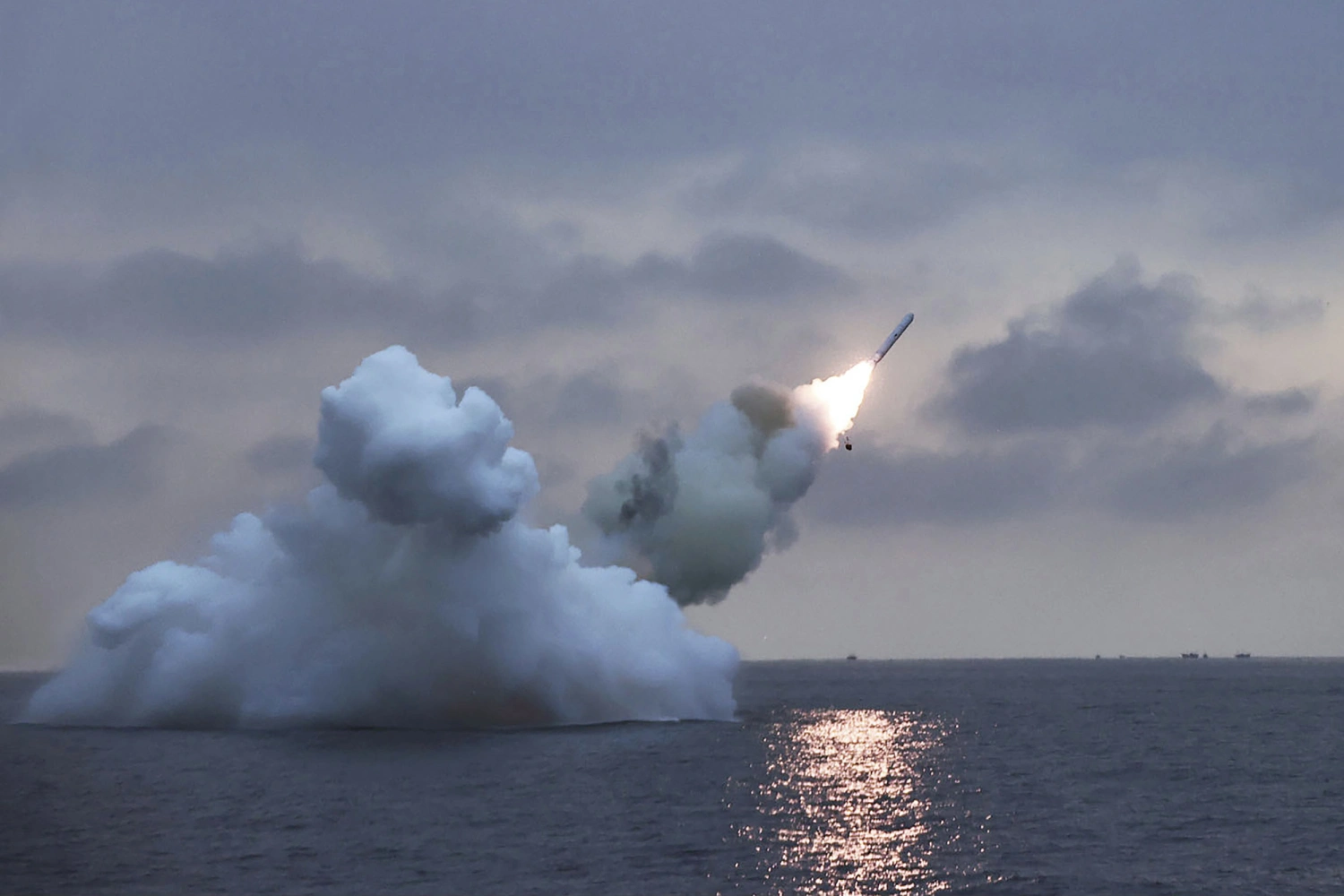



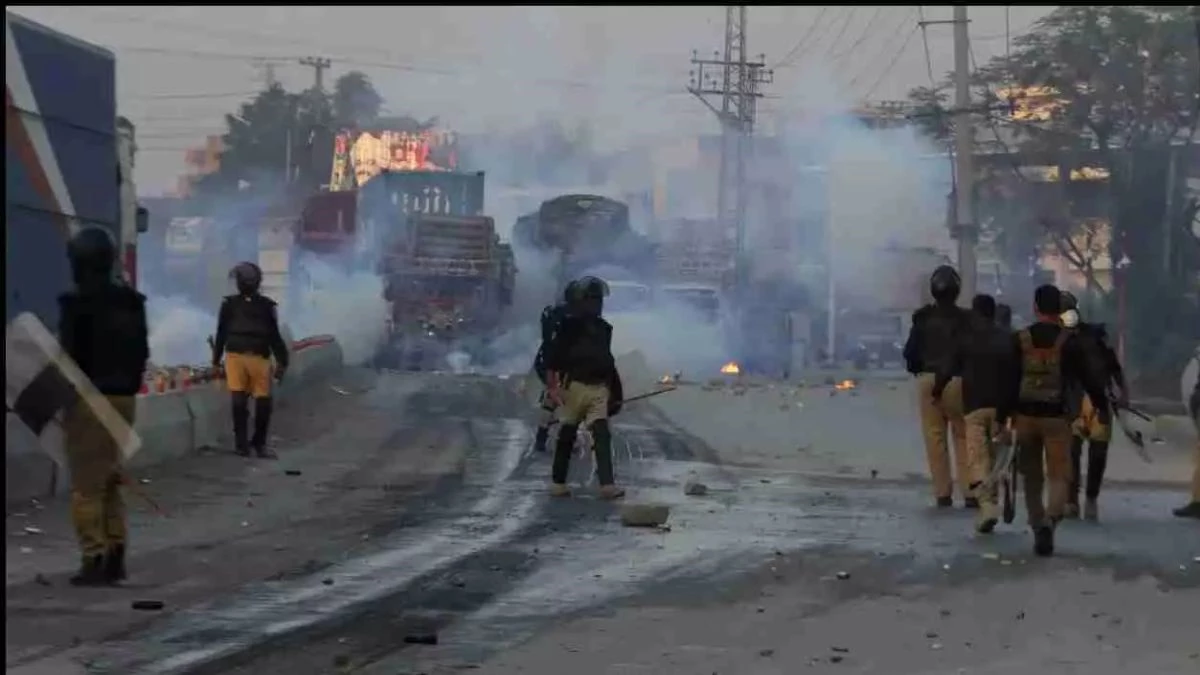
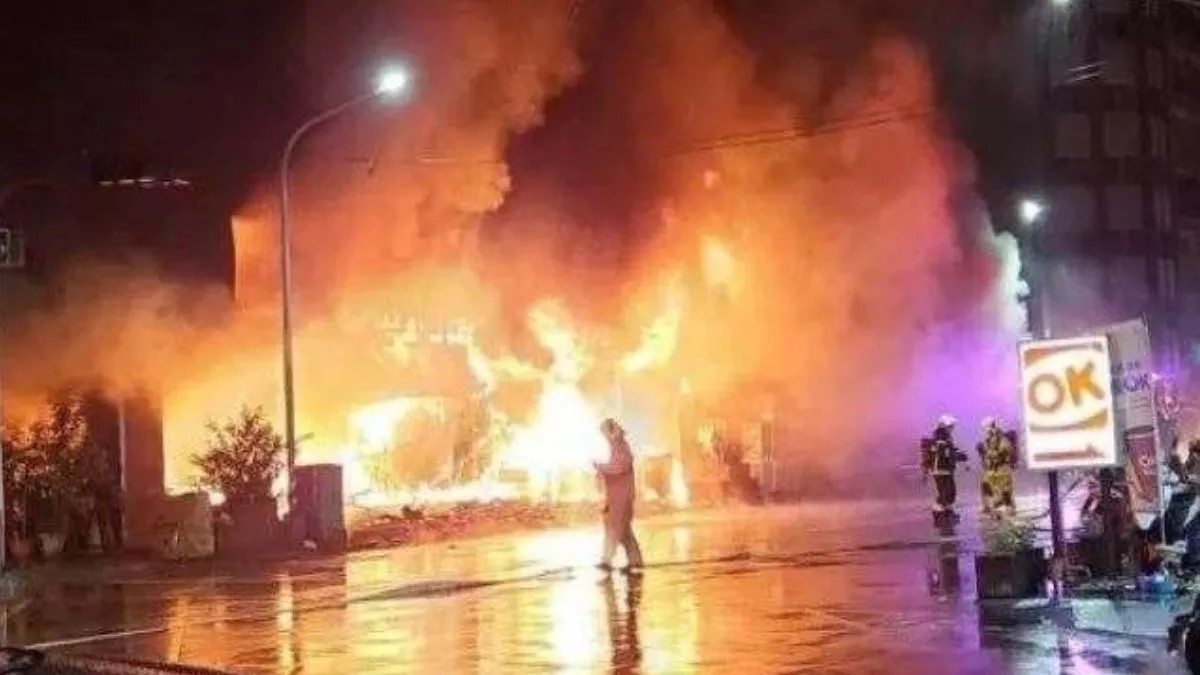
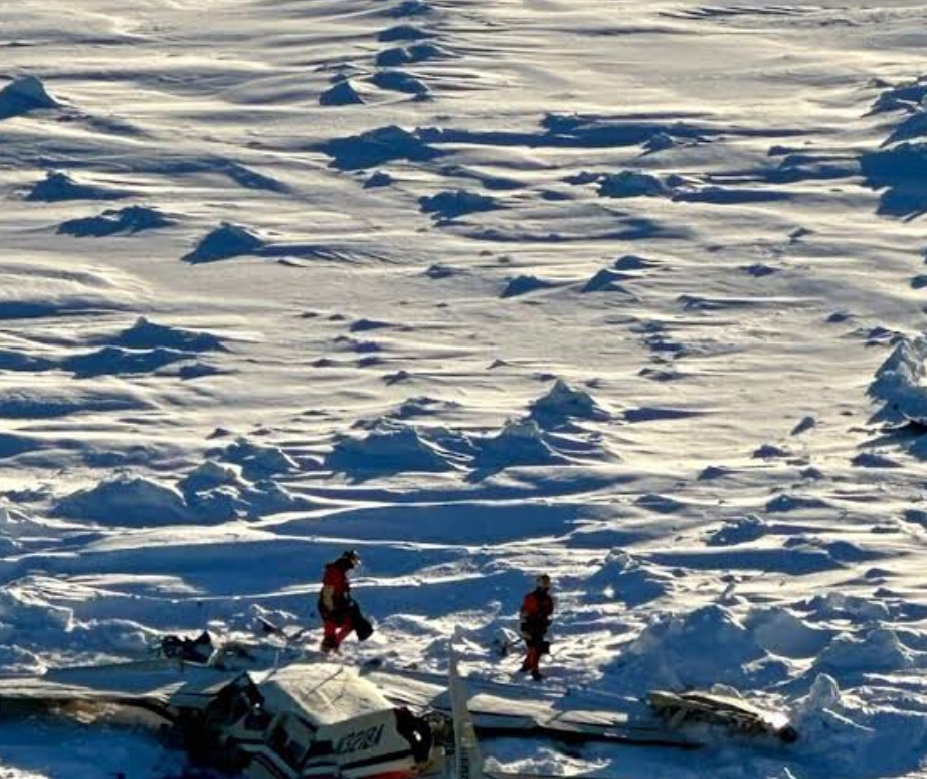

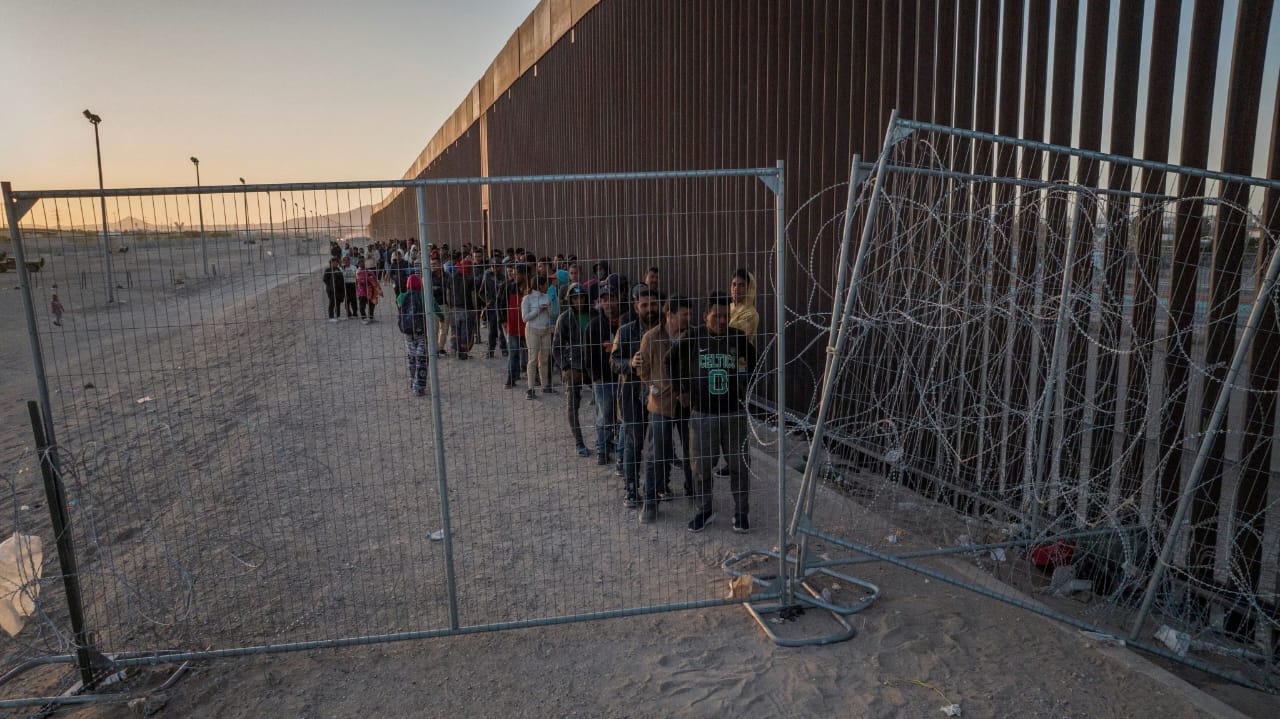

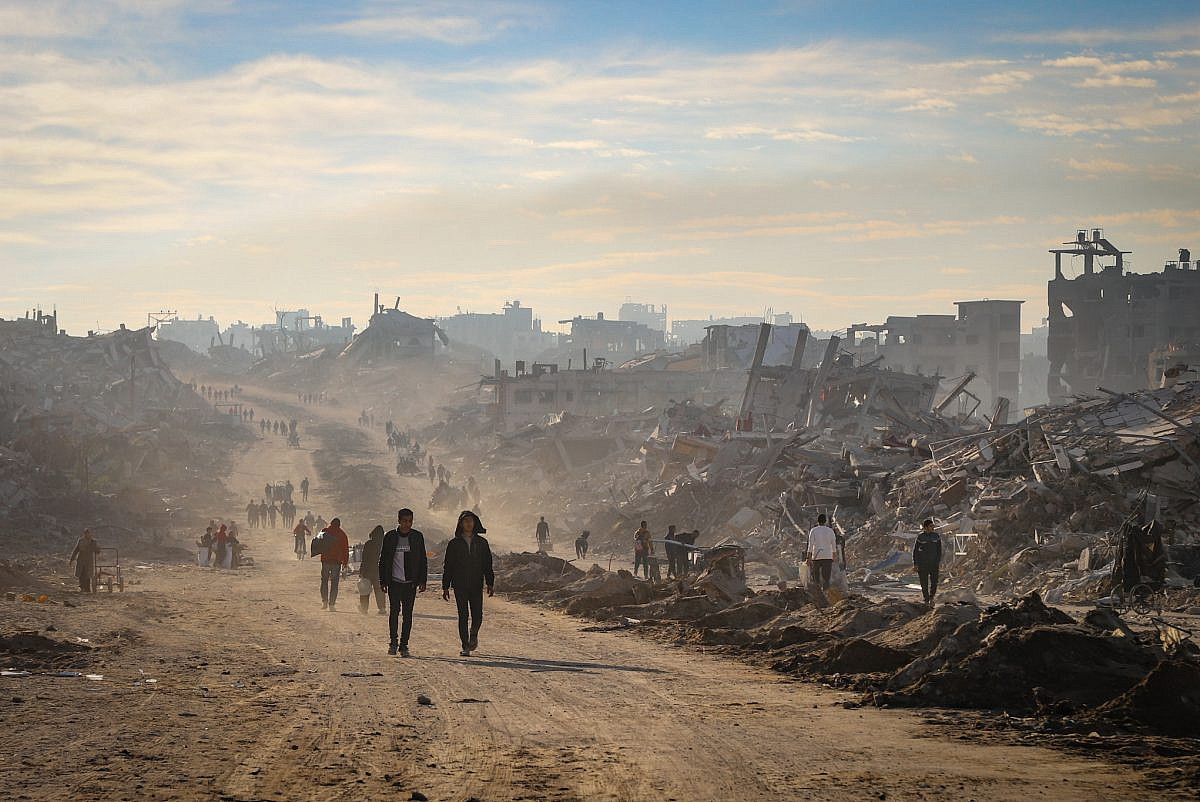
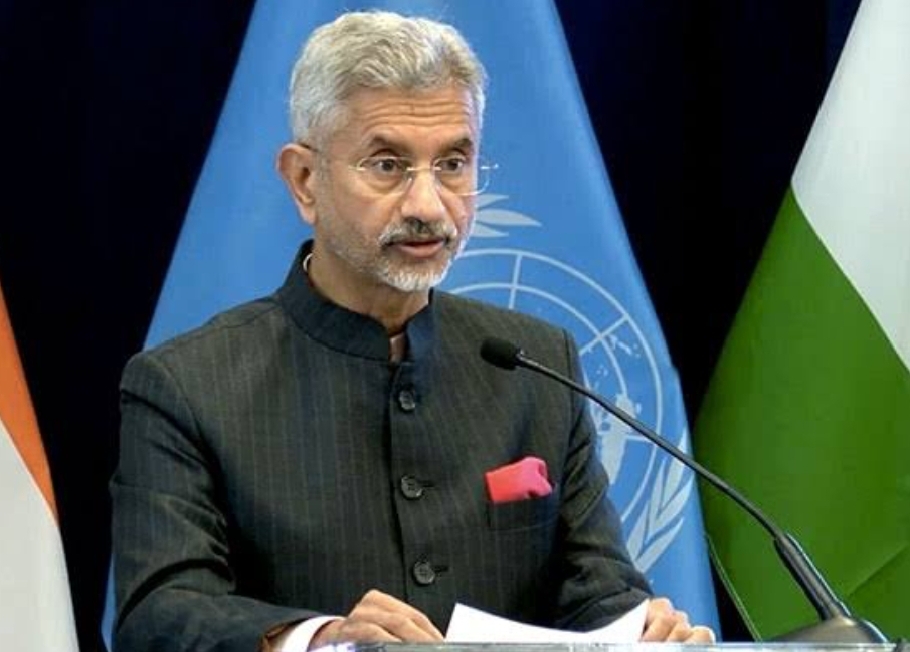

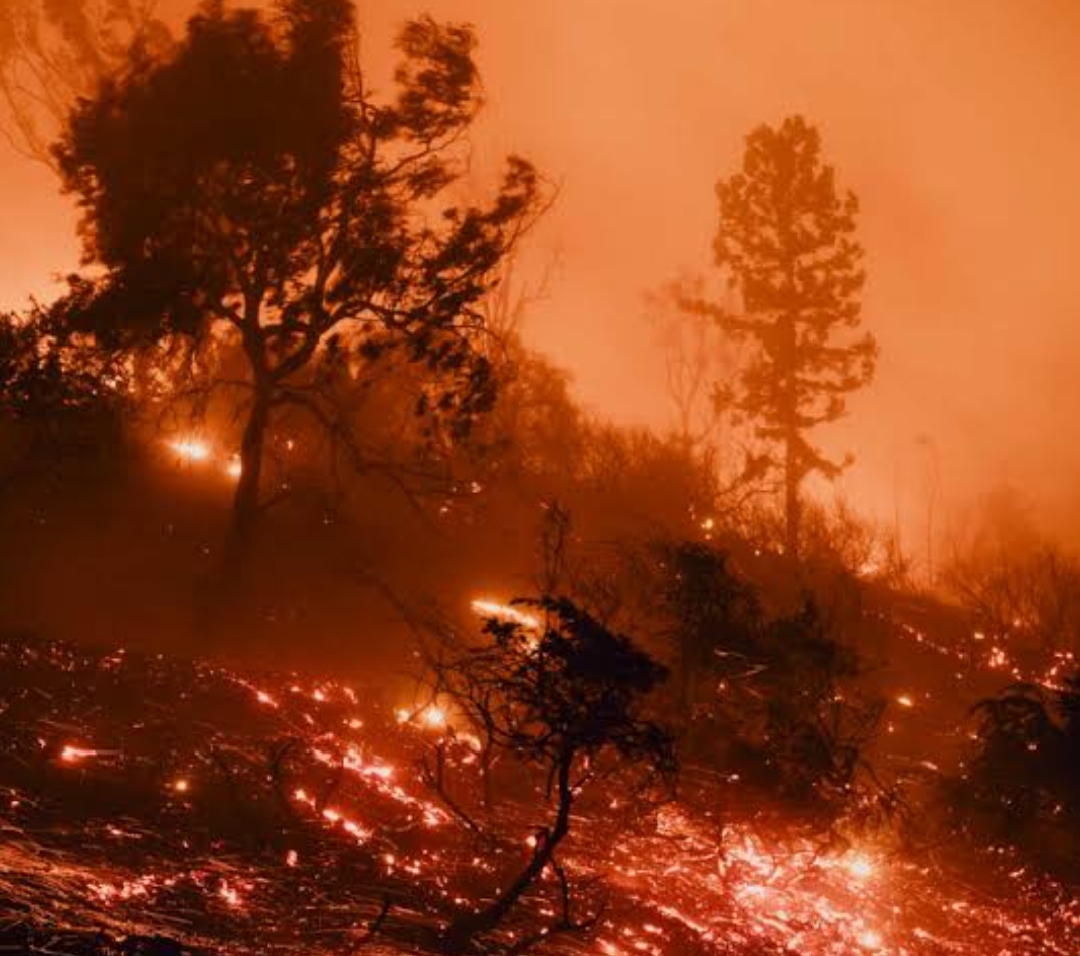



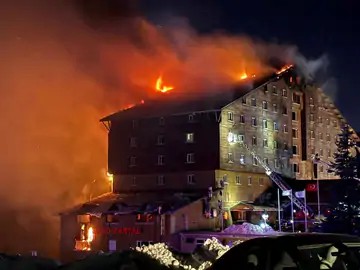
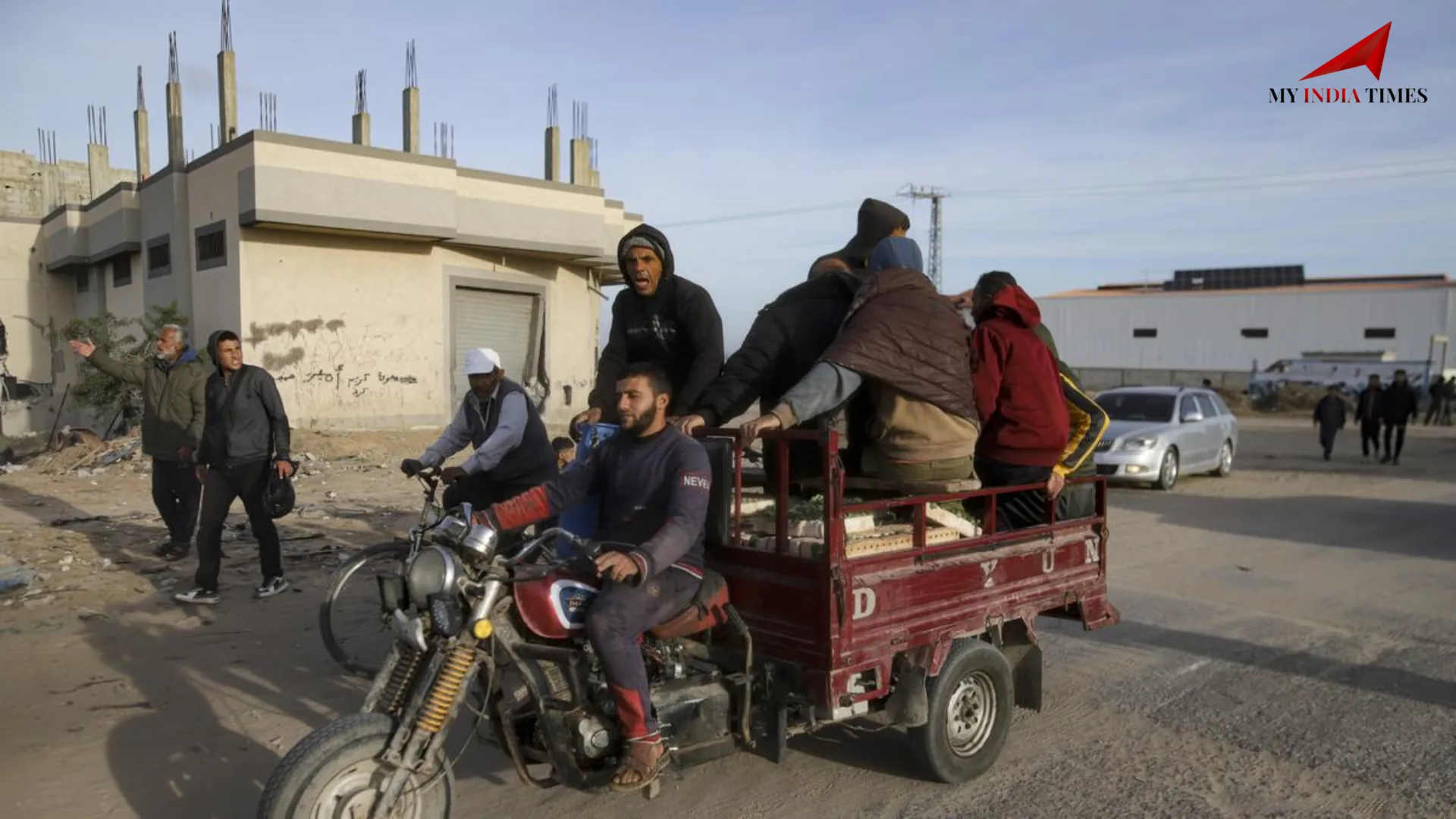



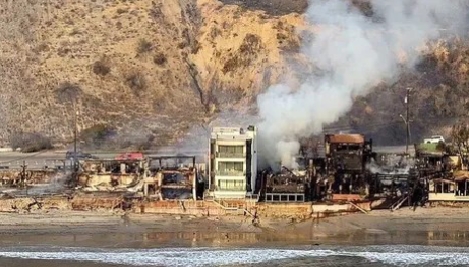

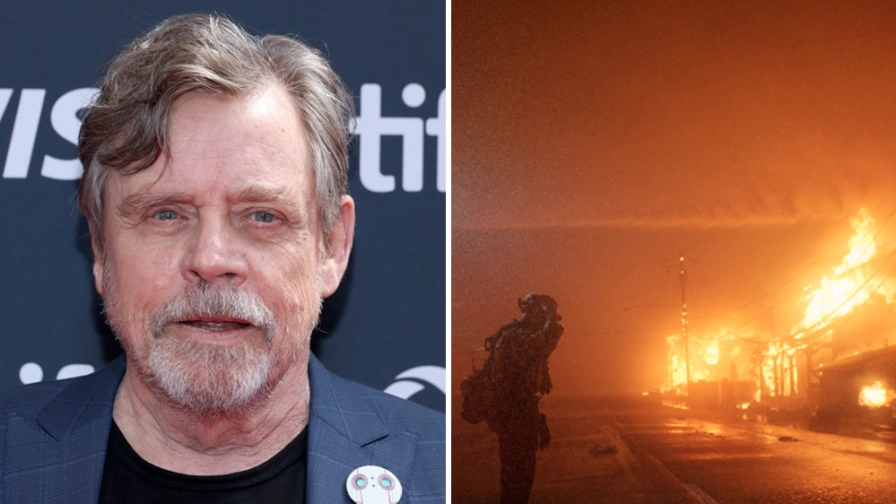

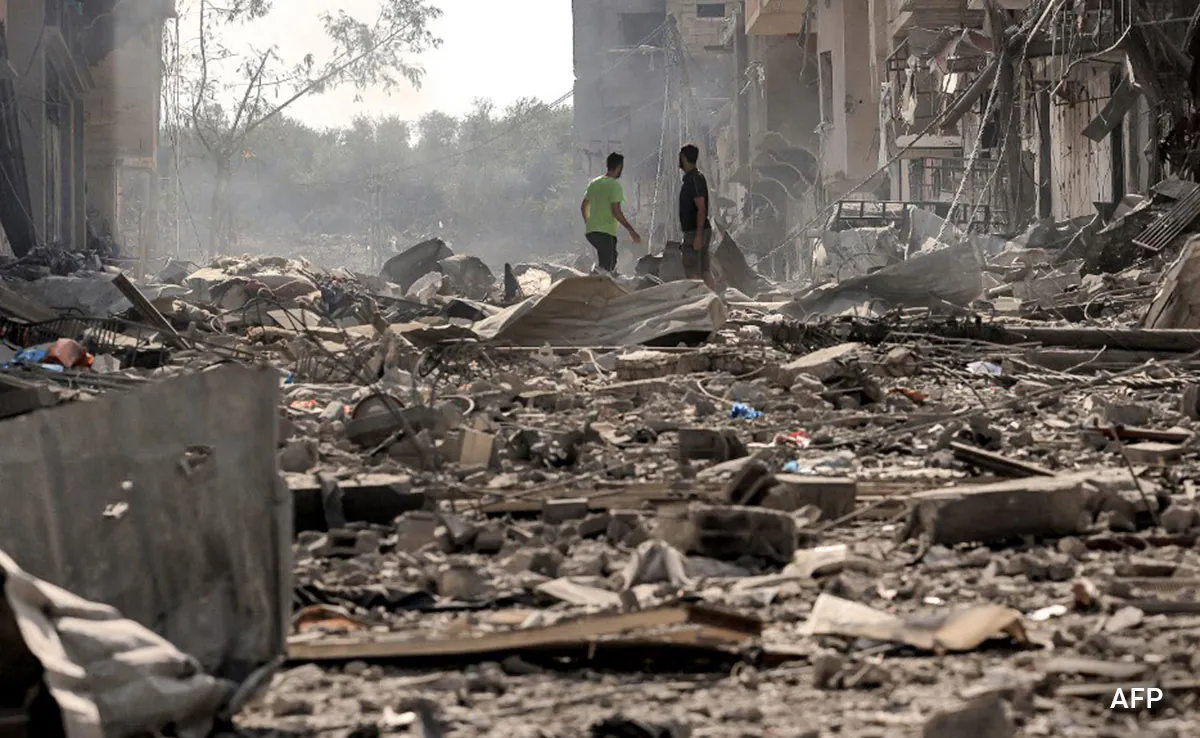



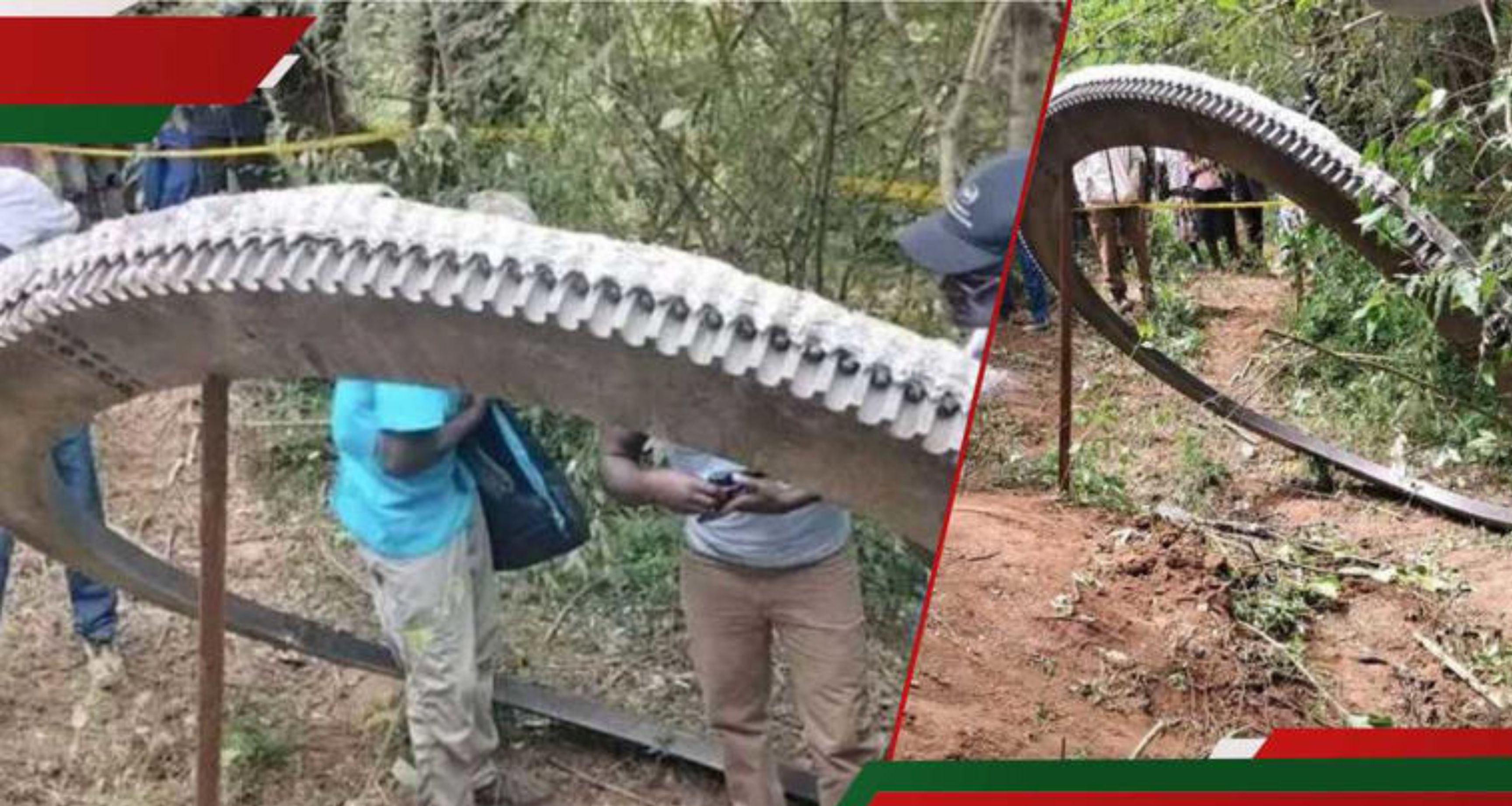



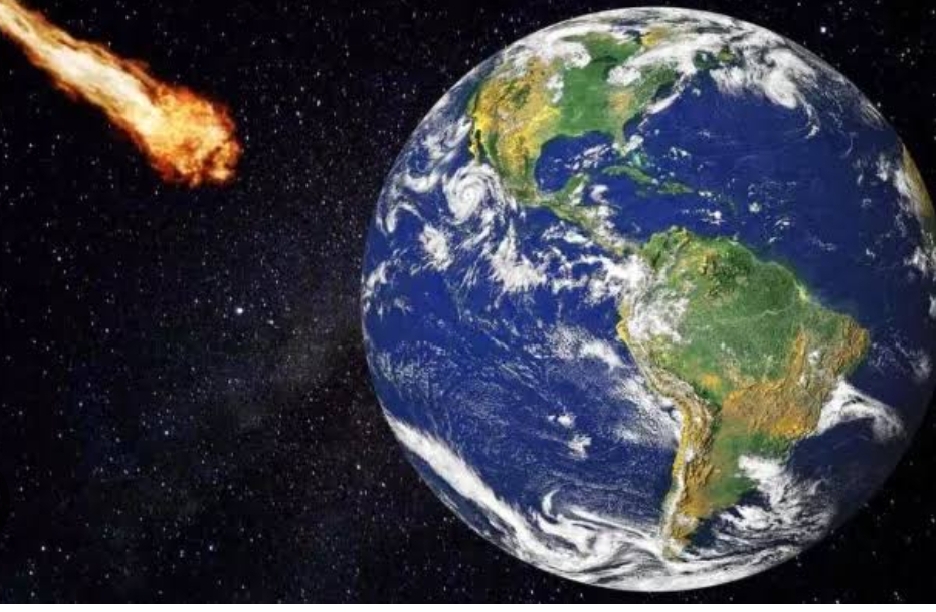
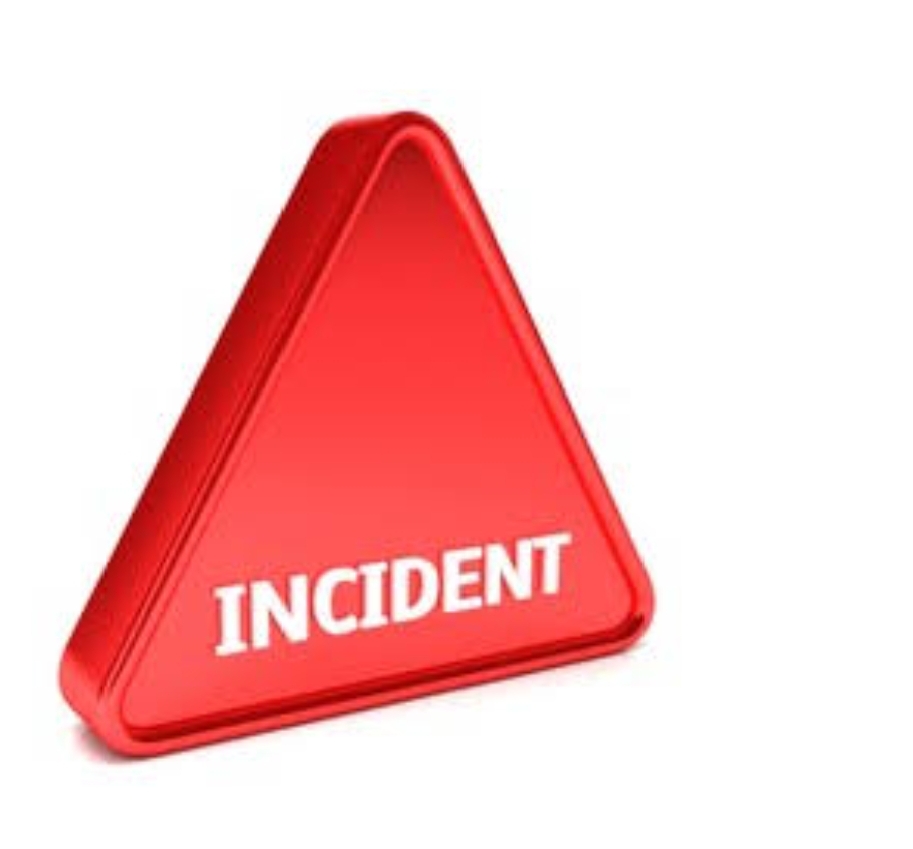



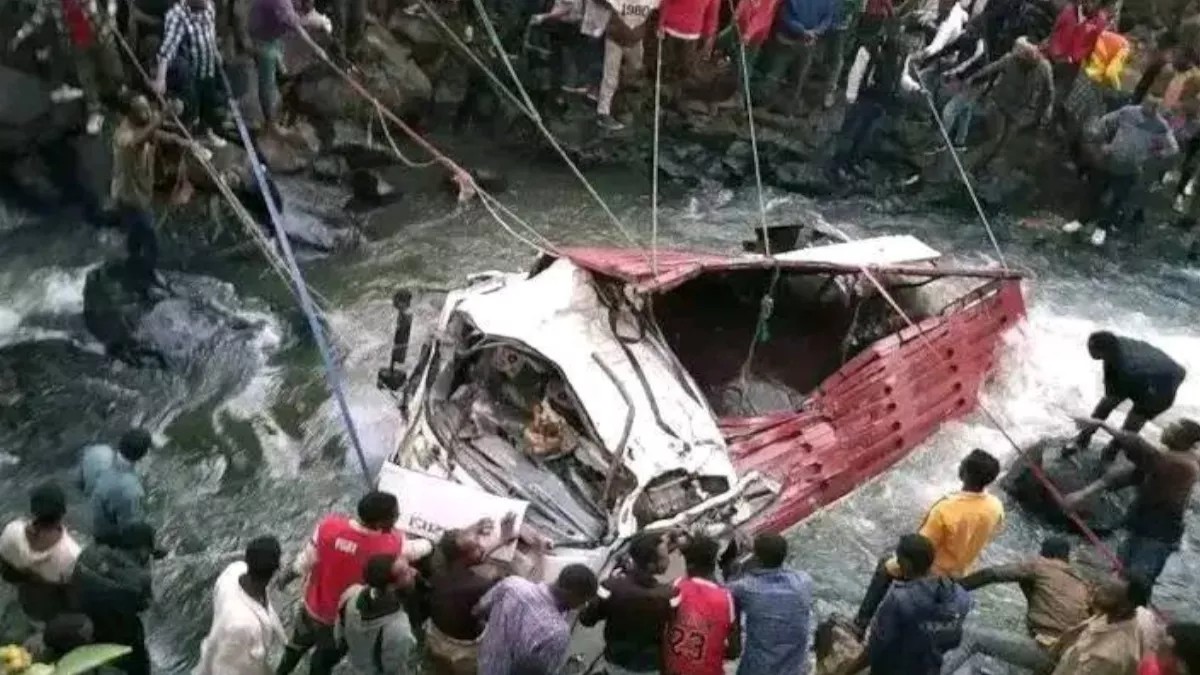
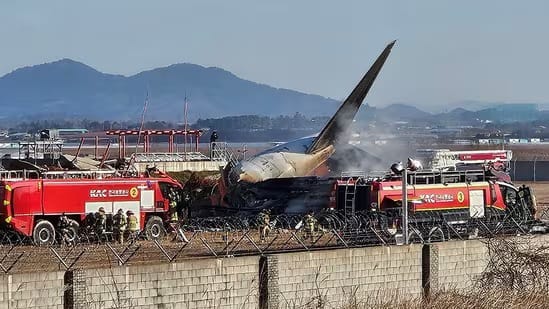
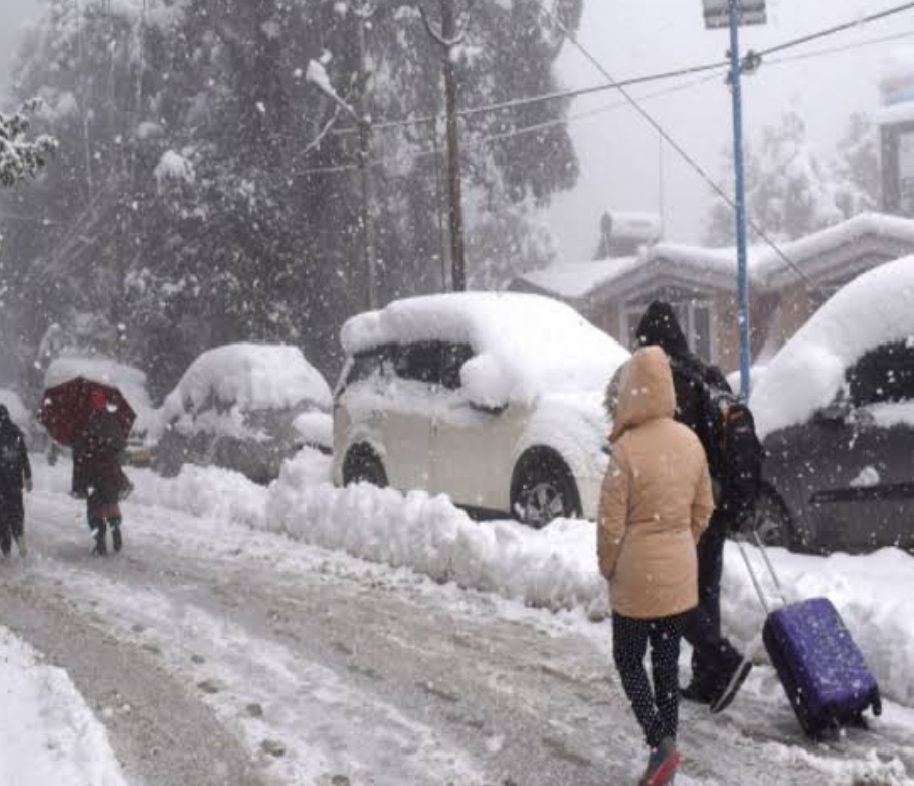
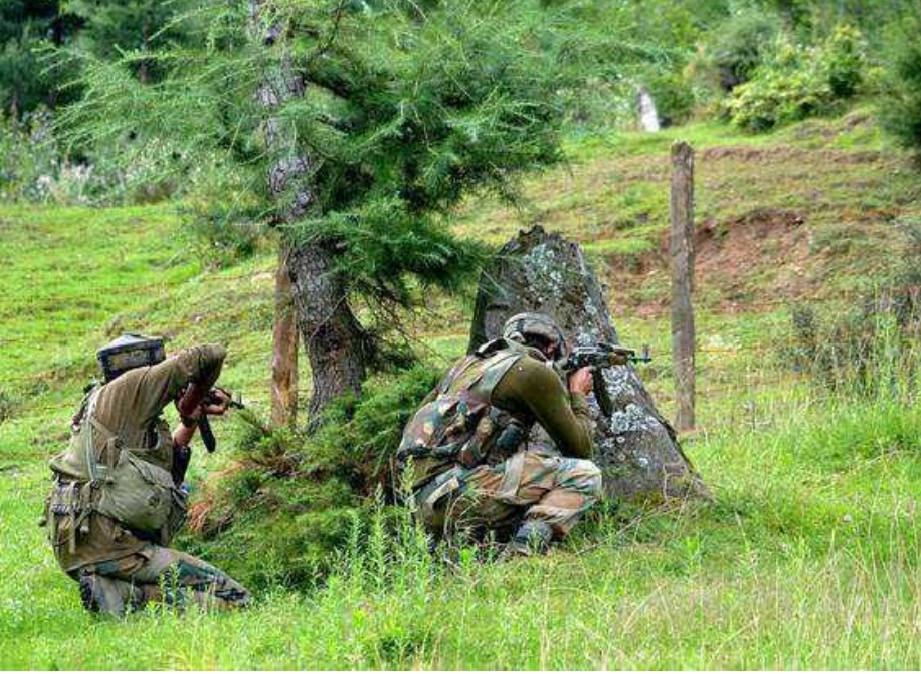
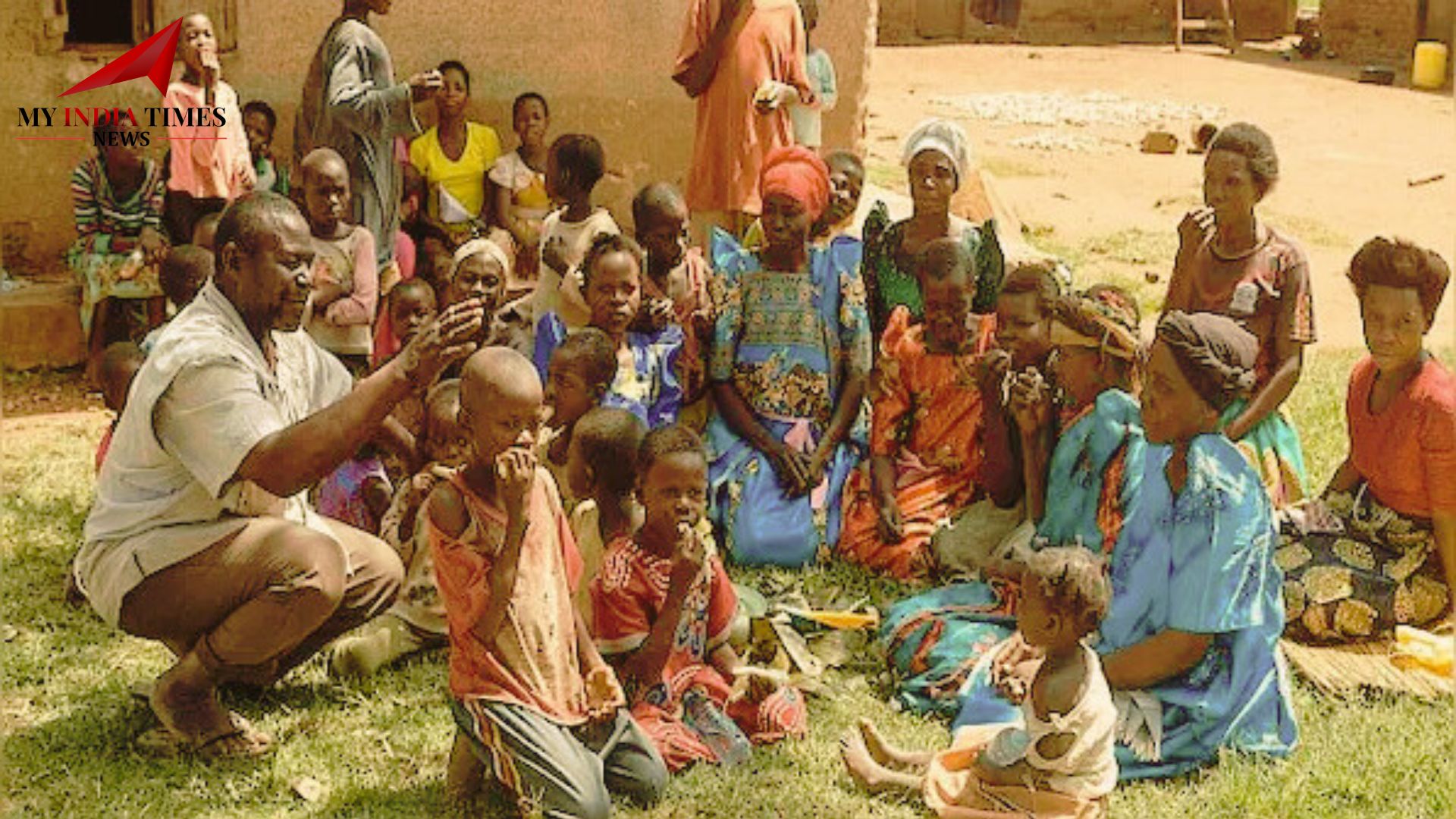
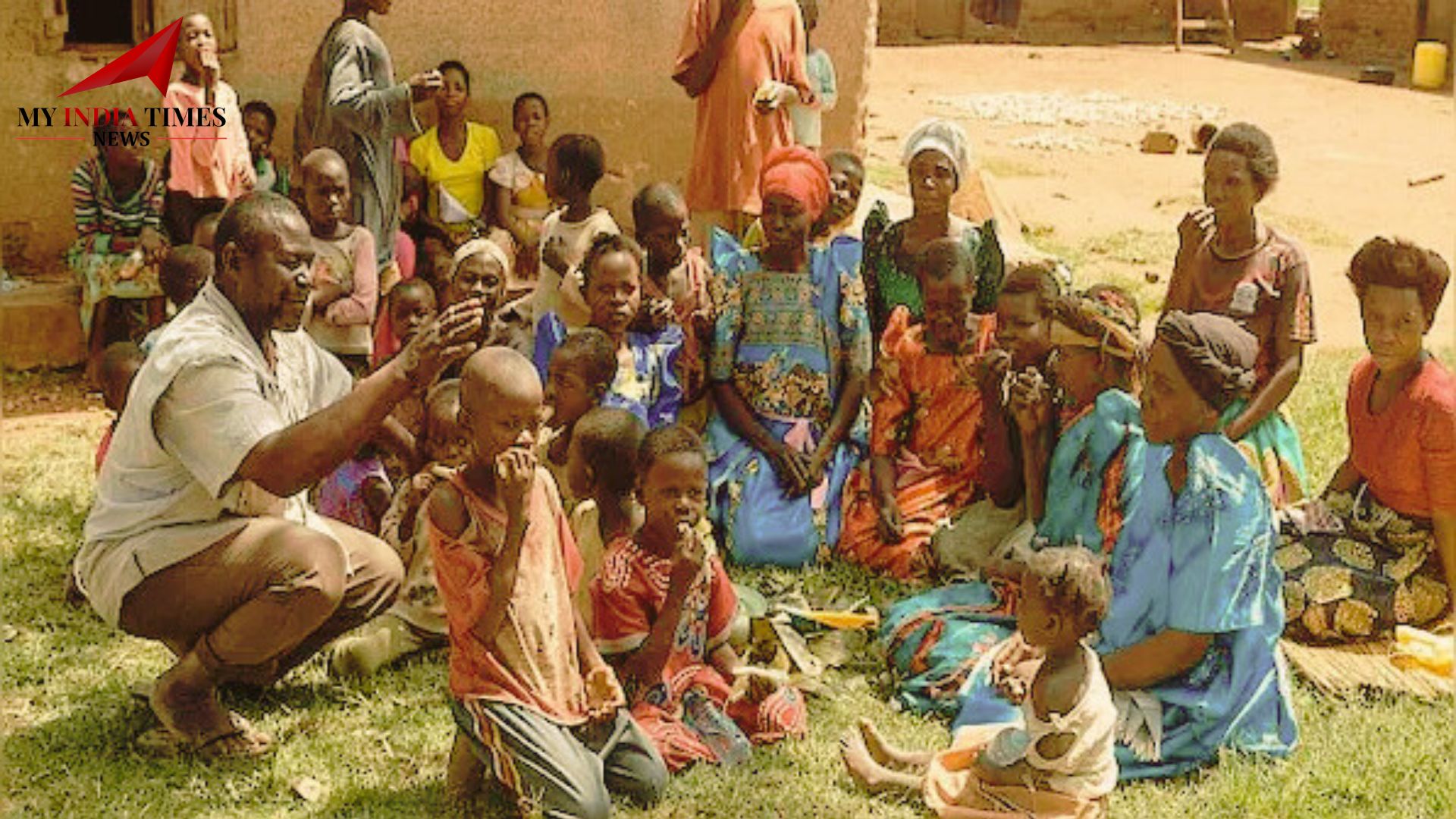
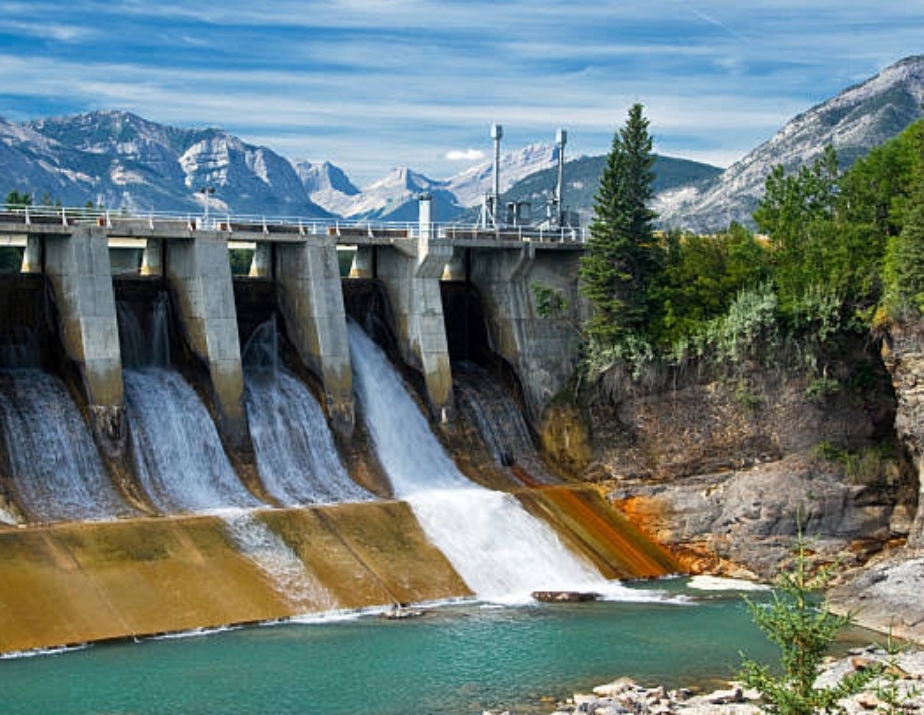
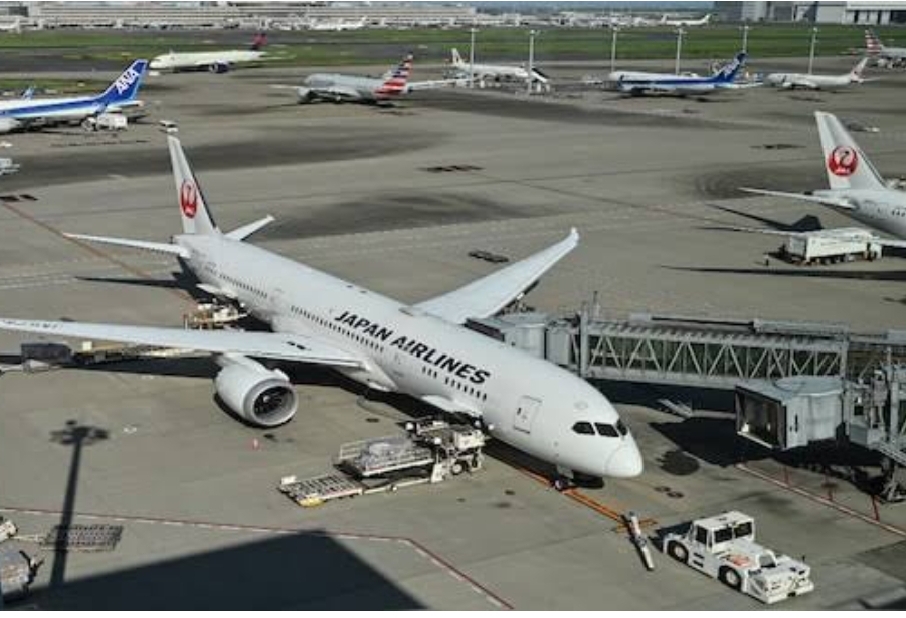
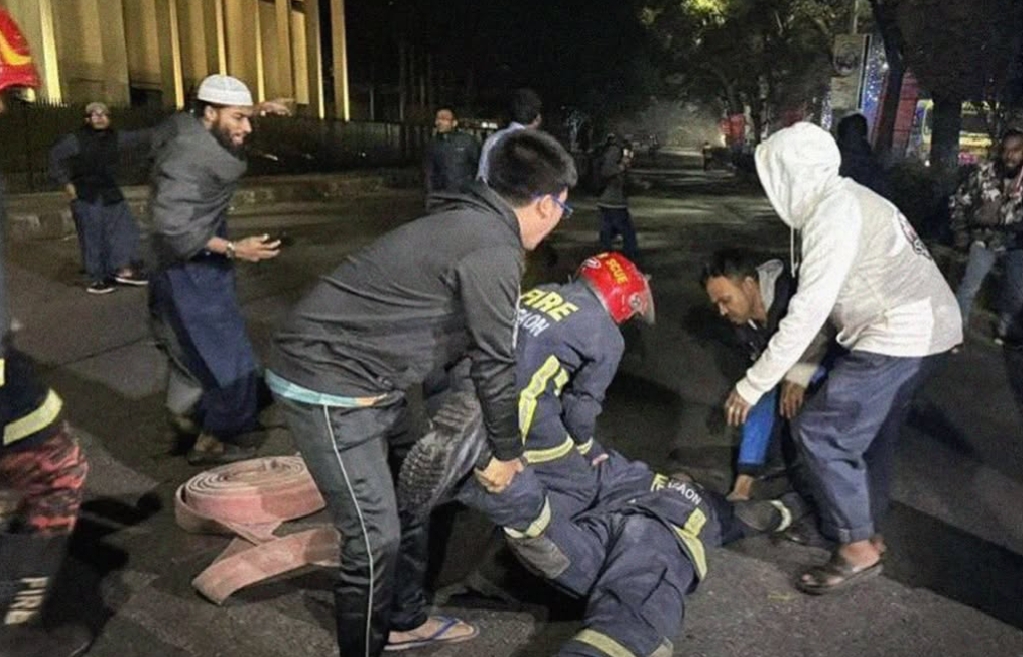
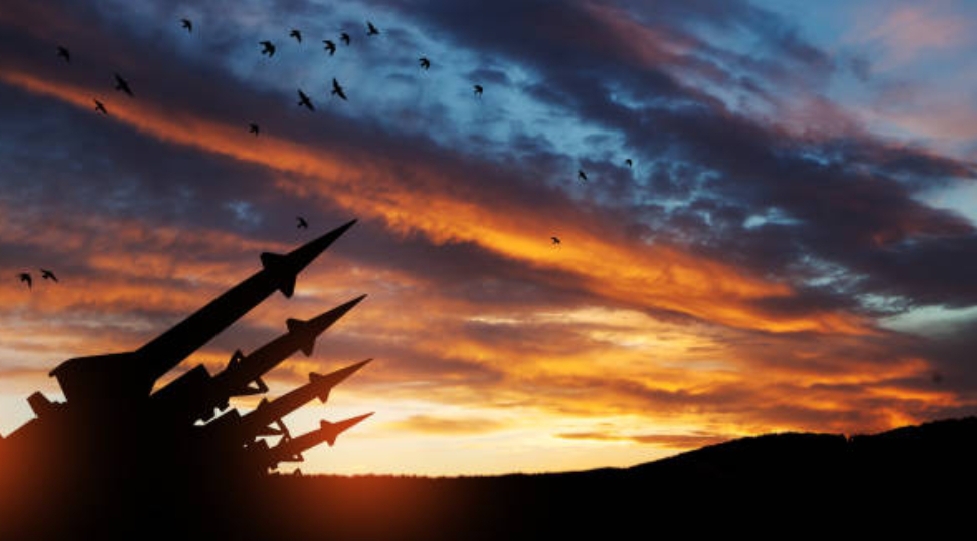
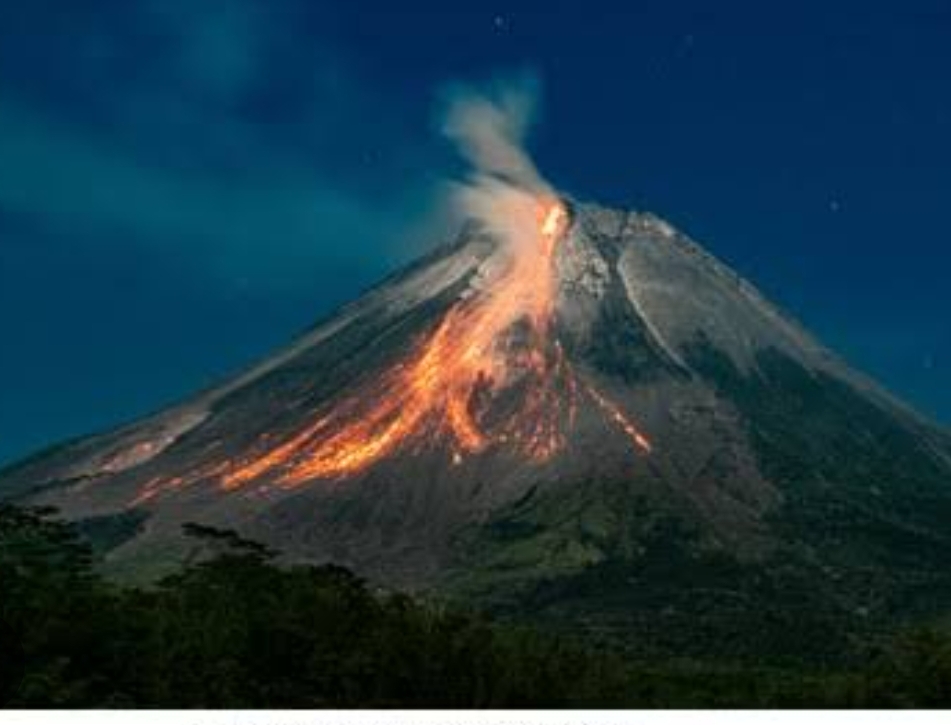
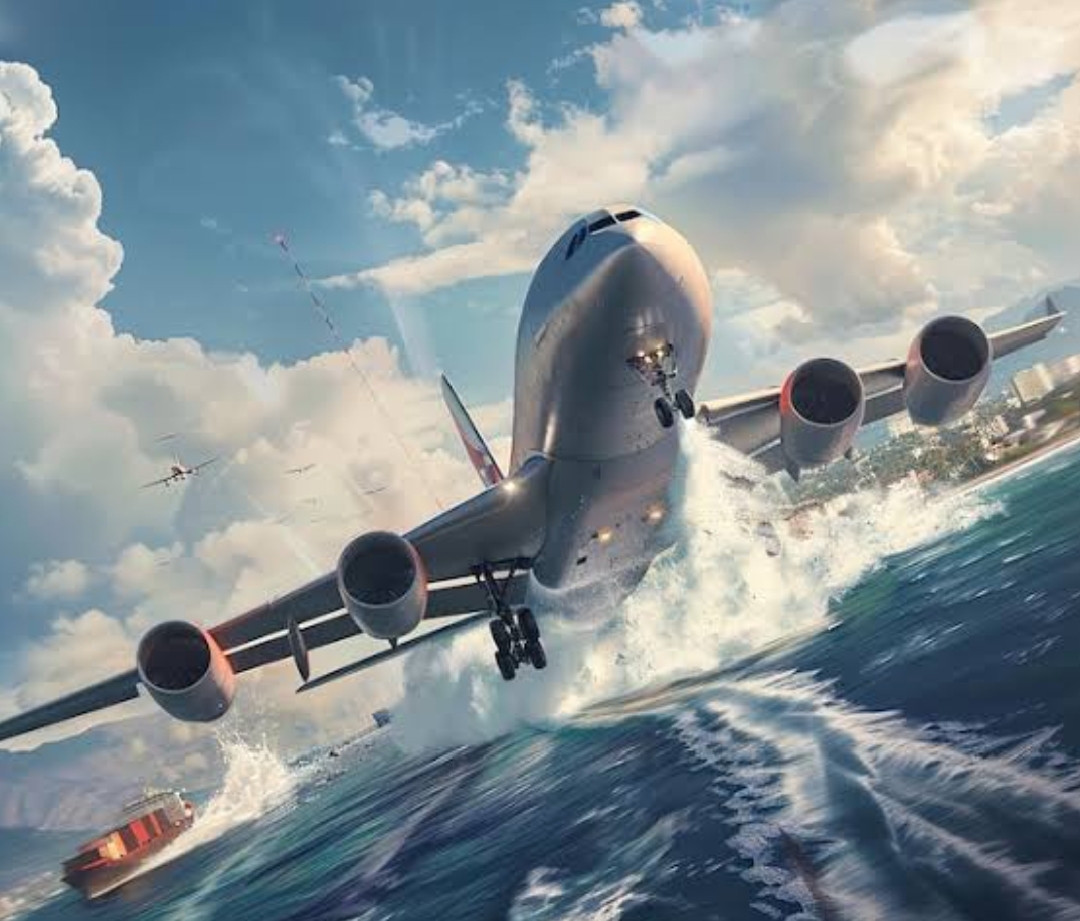

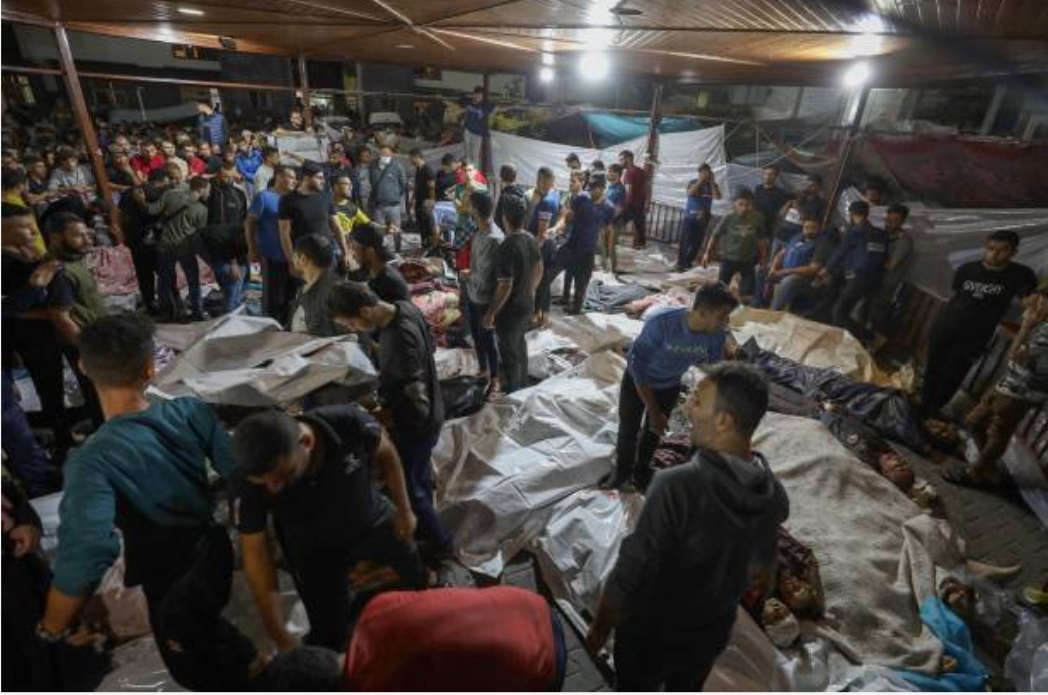
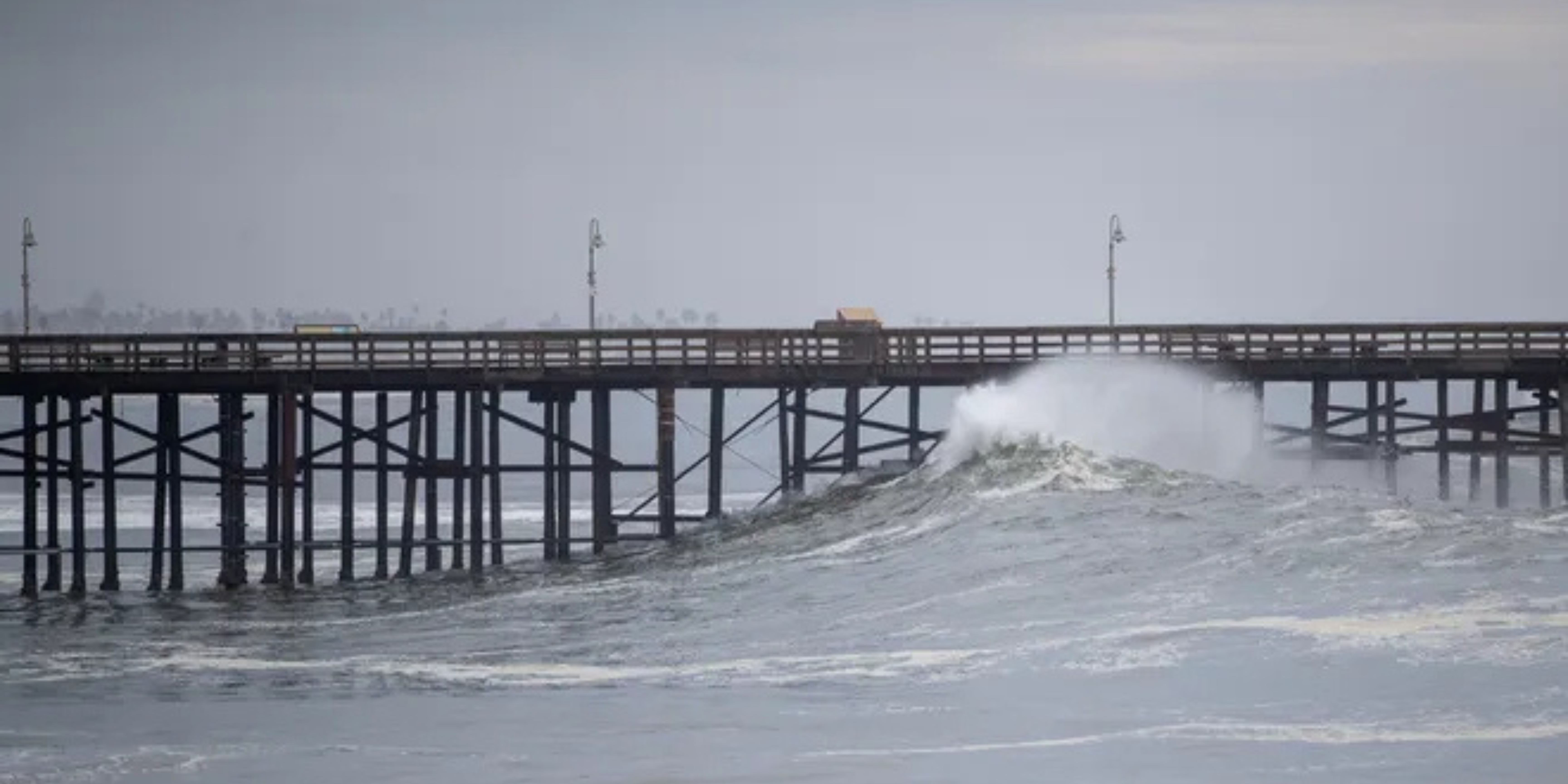



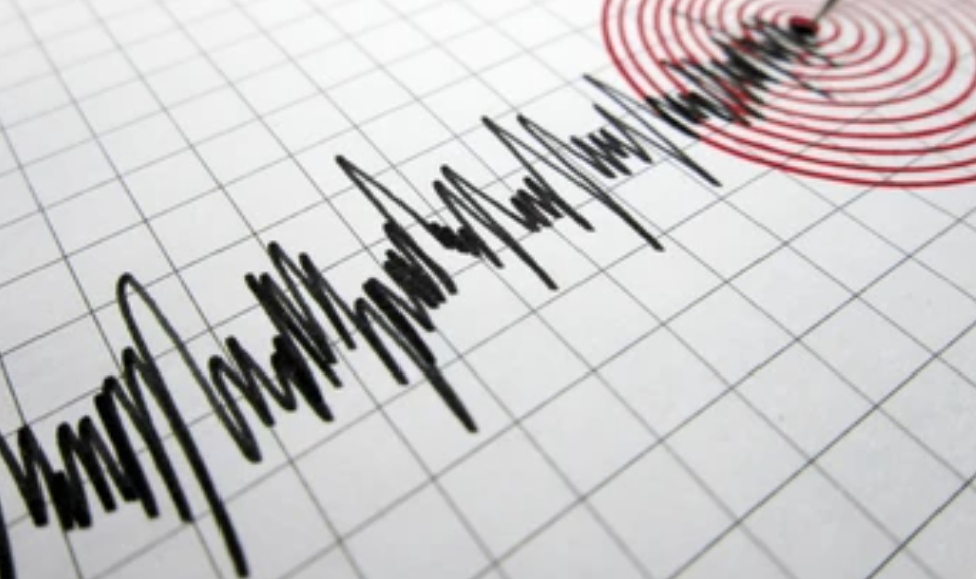
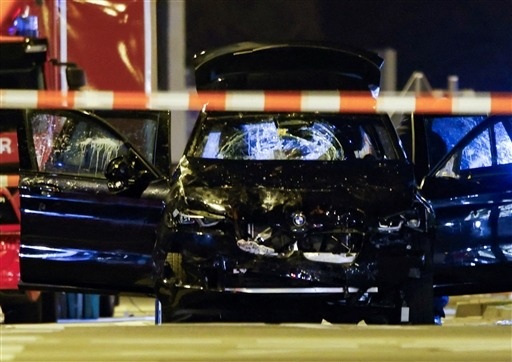
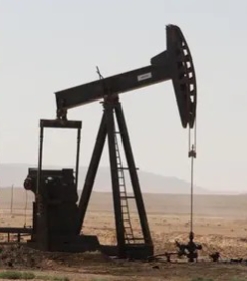





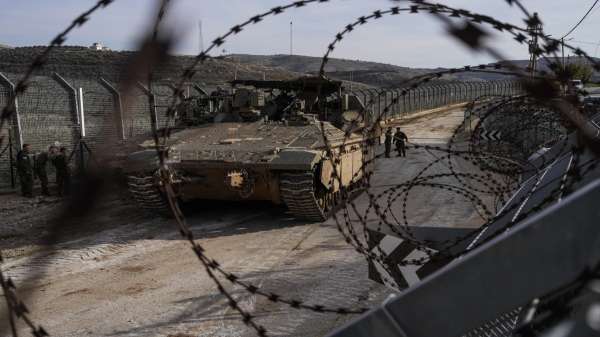
.png)
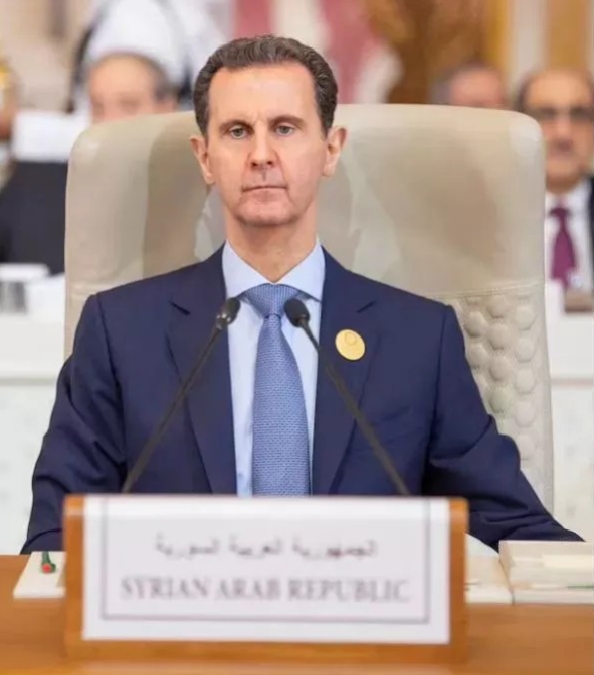

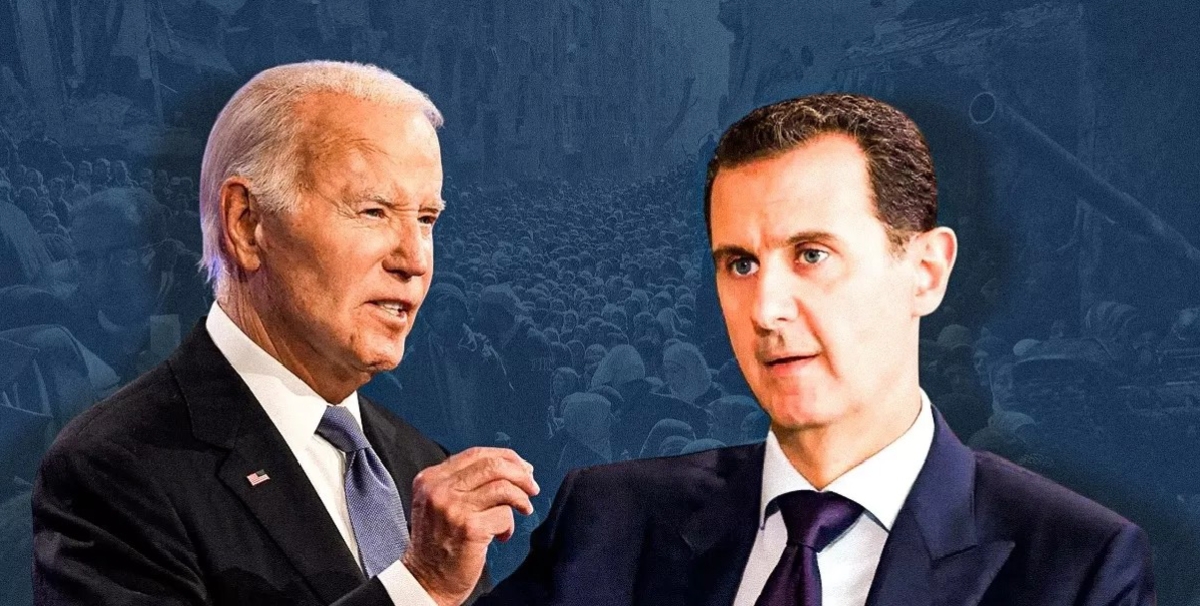

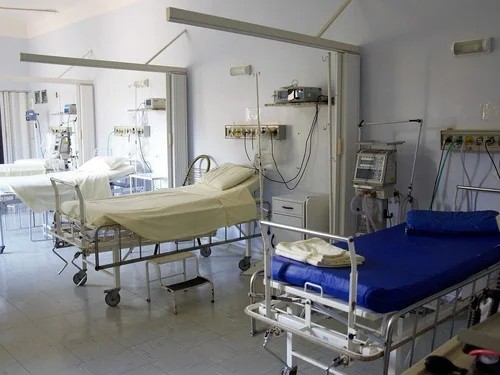

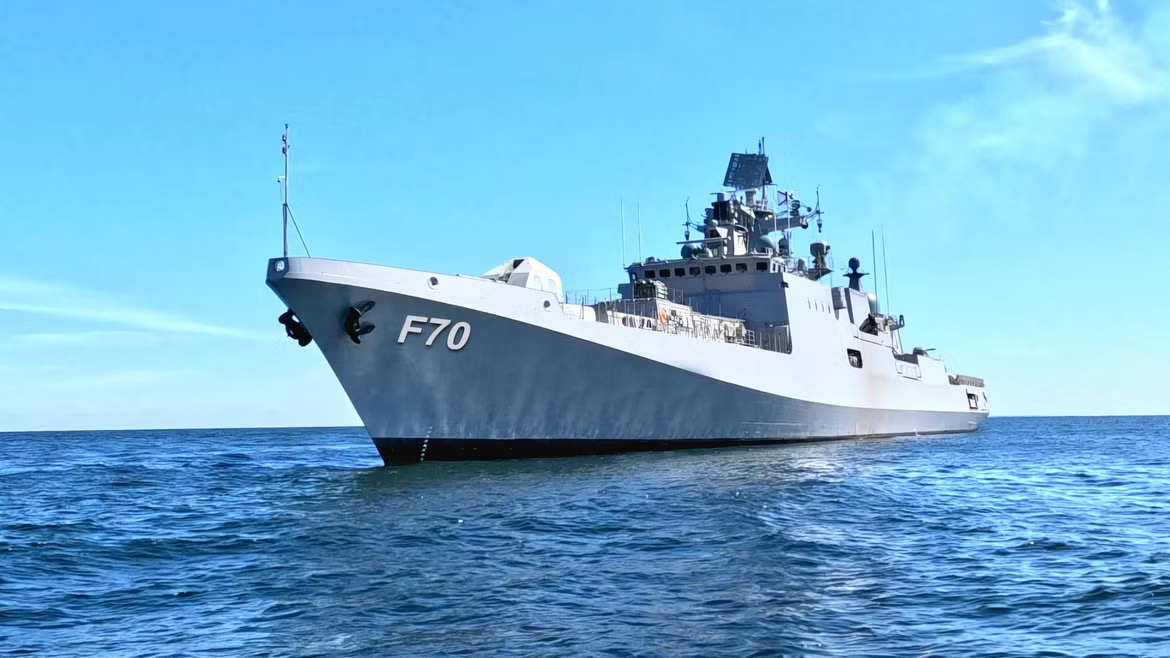

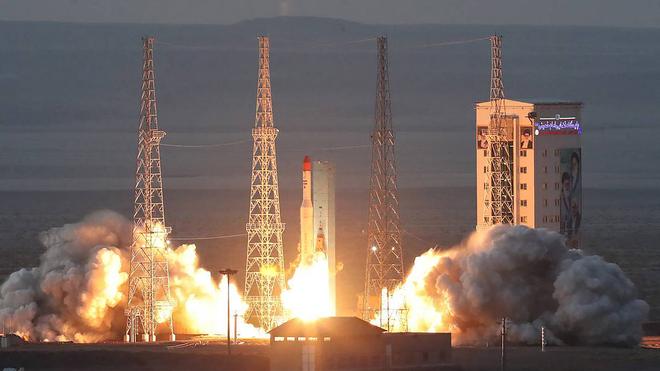





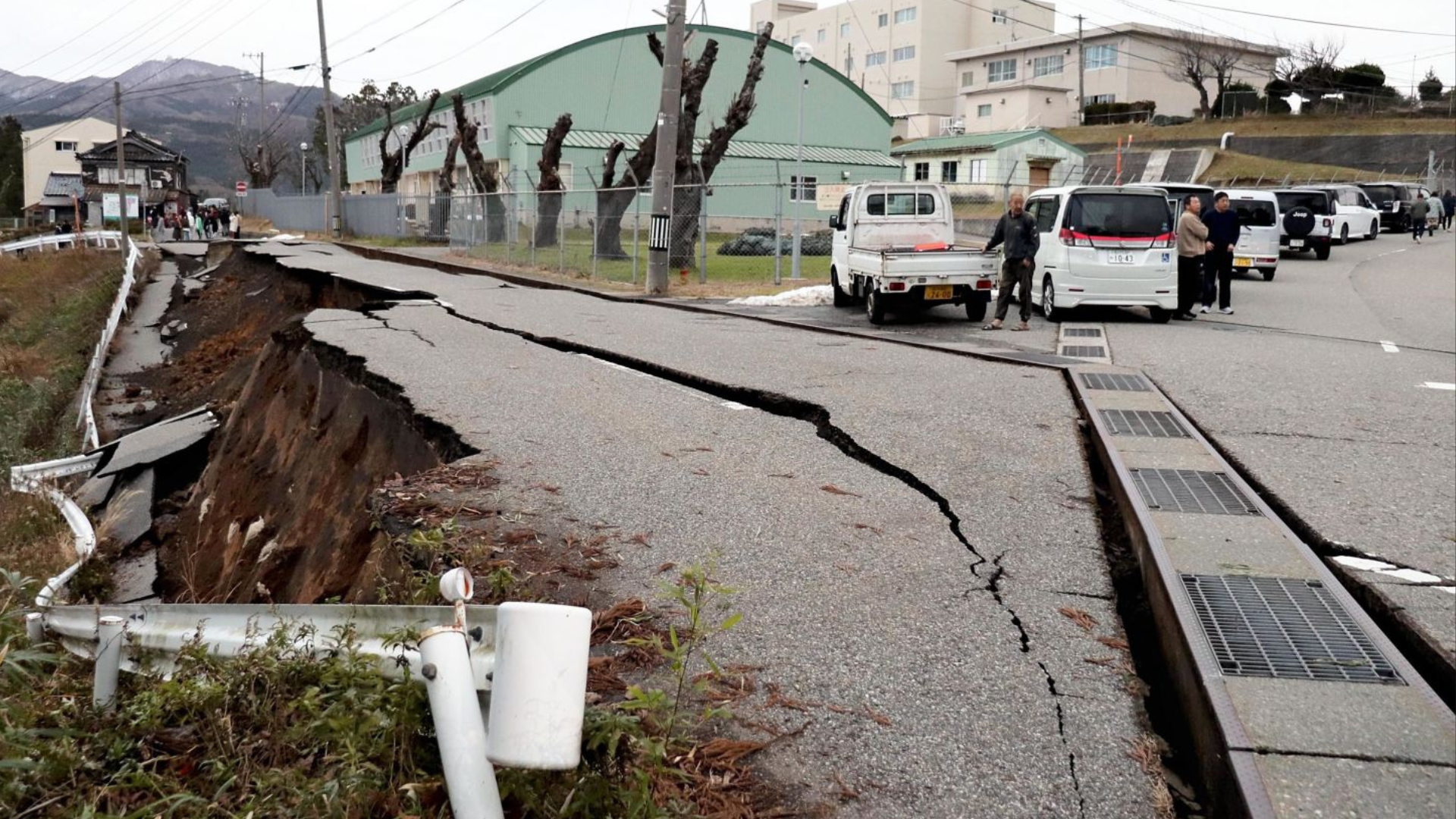
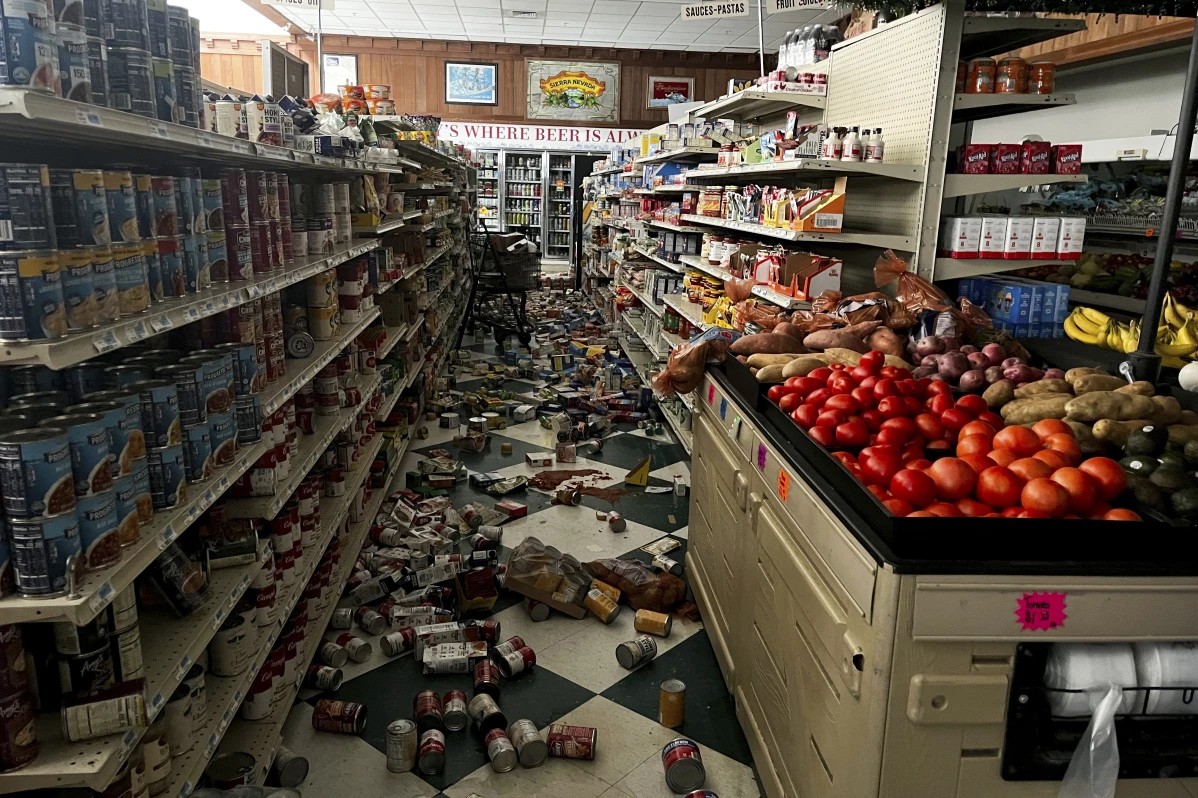


.png)

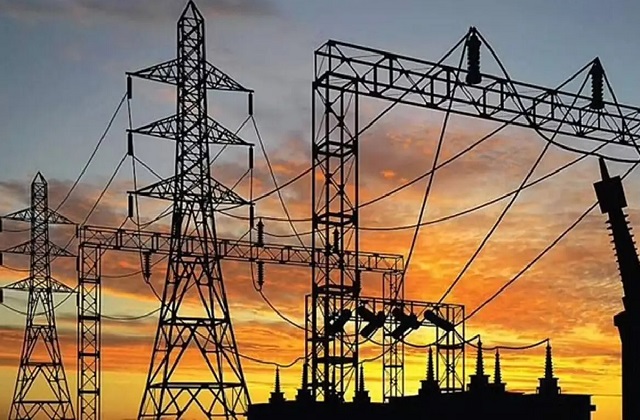

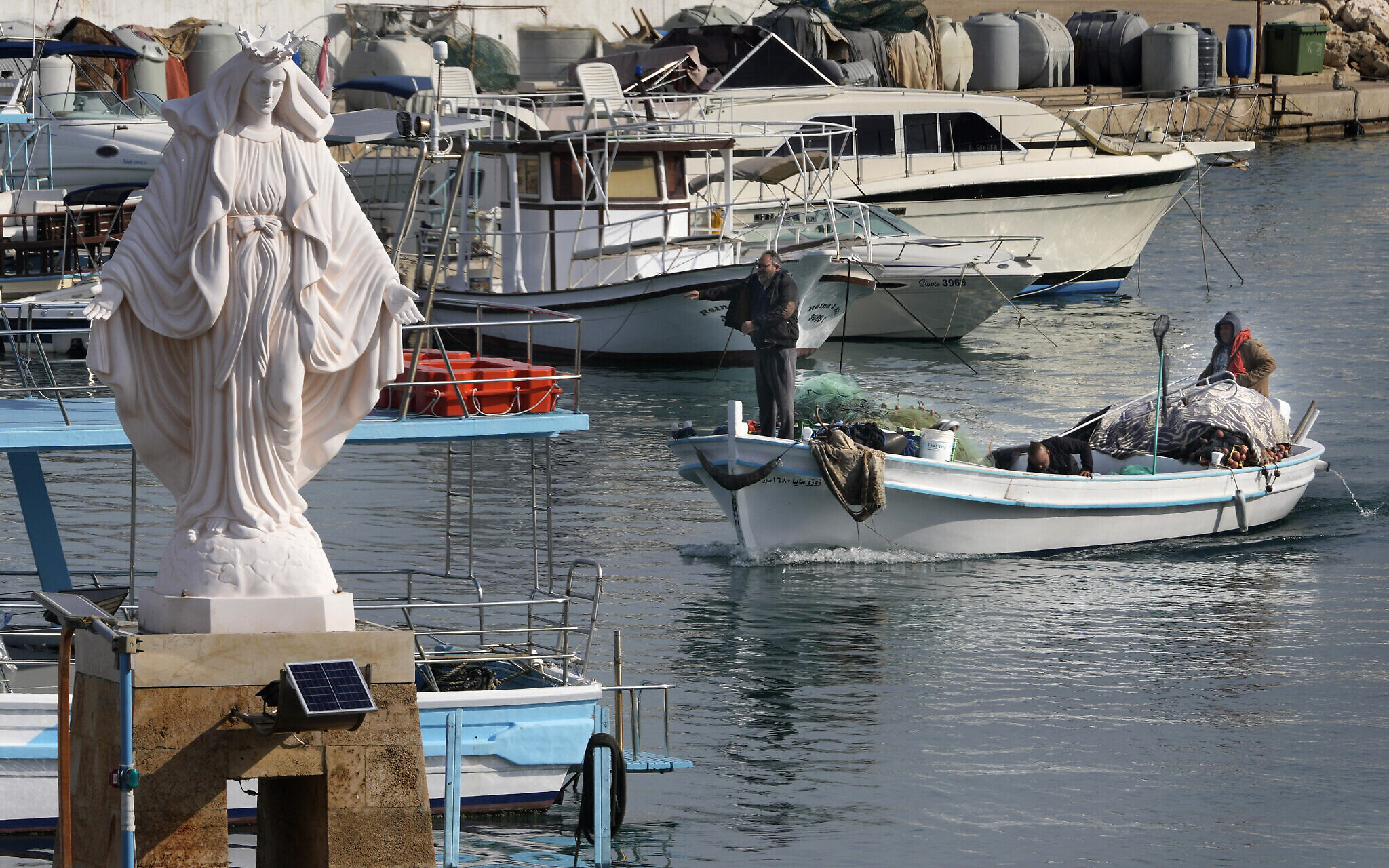
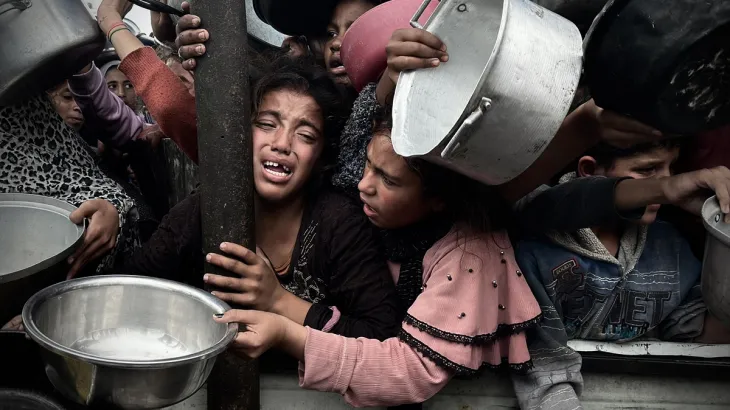


.jfif)
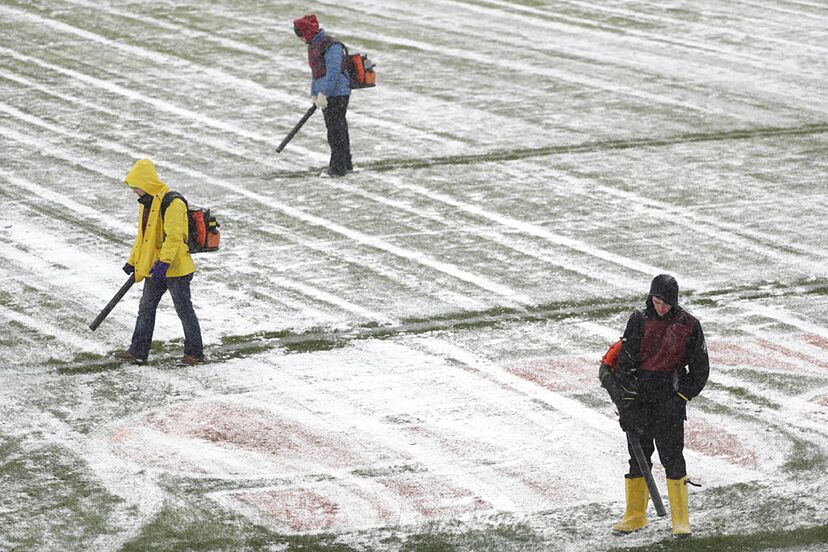

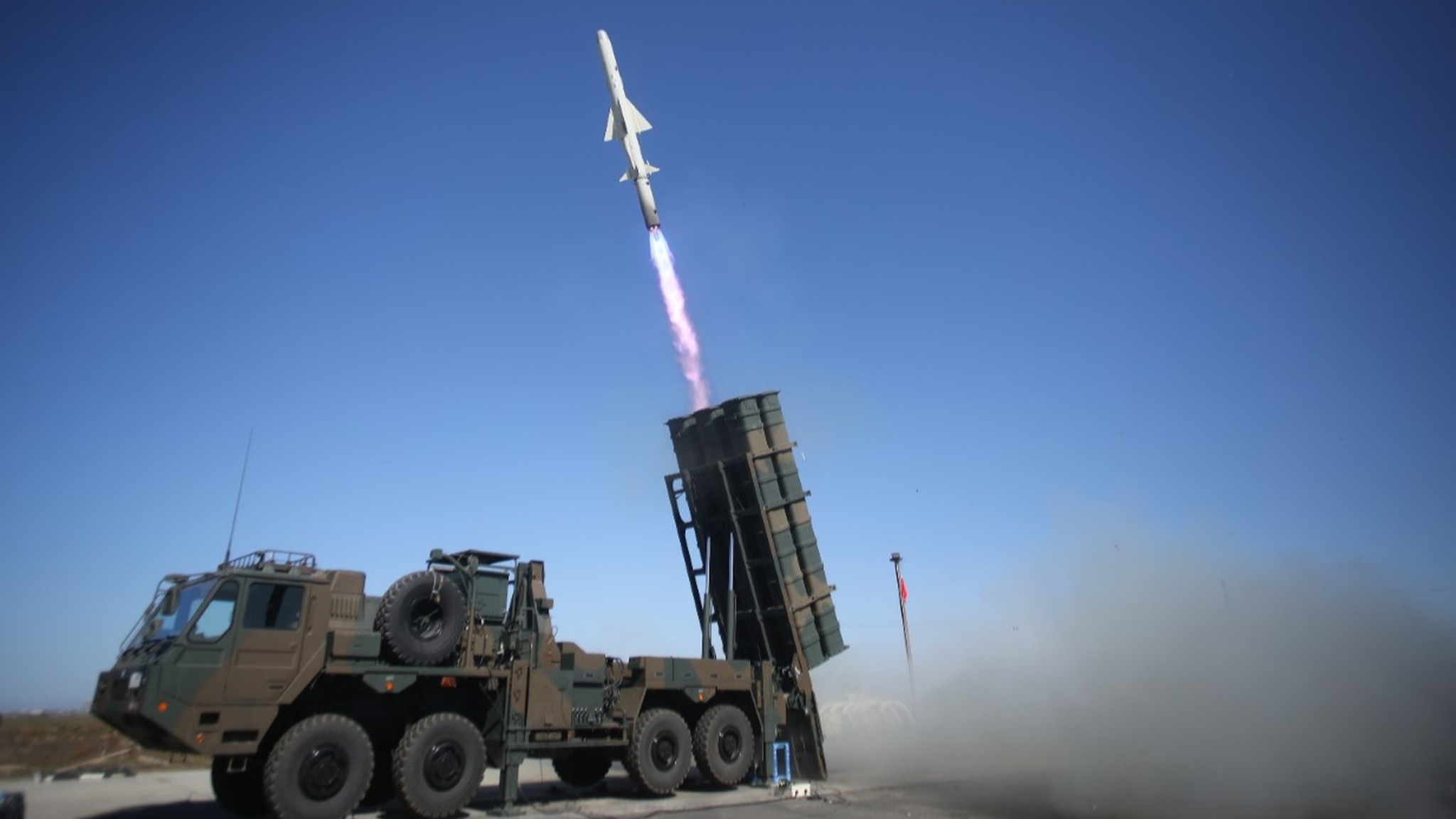
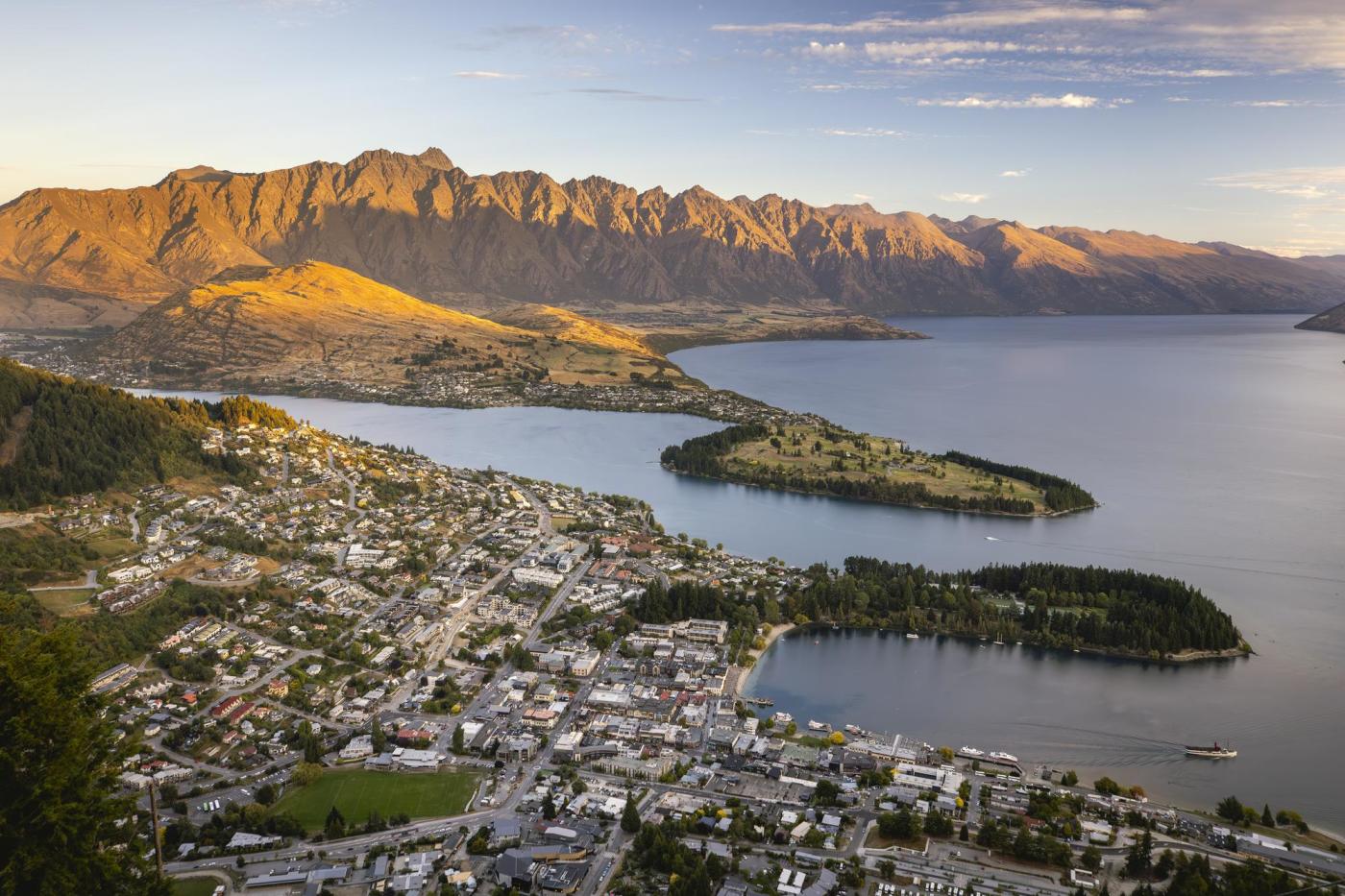





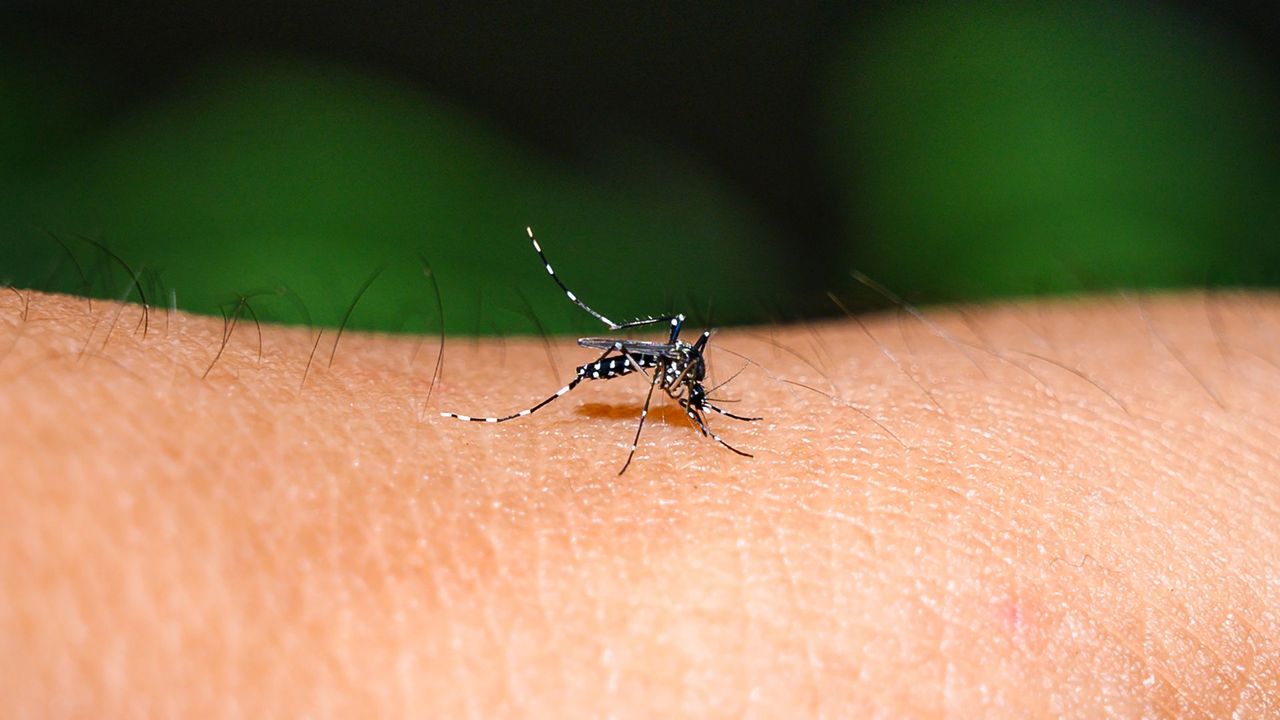

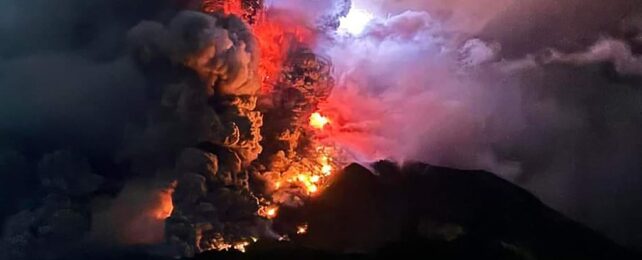



























































































.png)
 (1).png)























